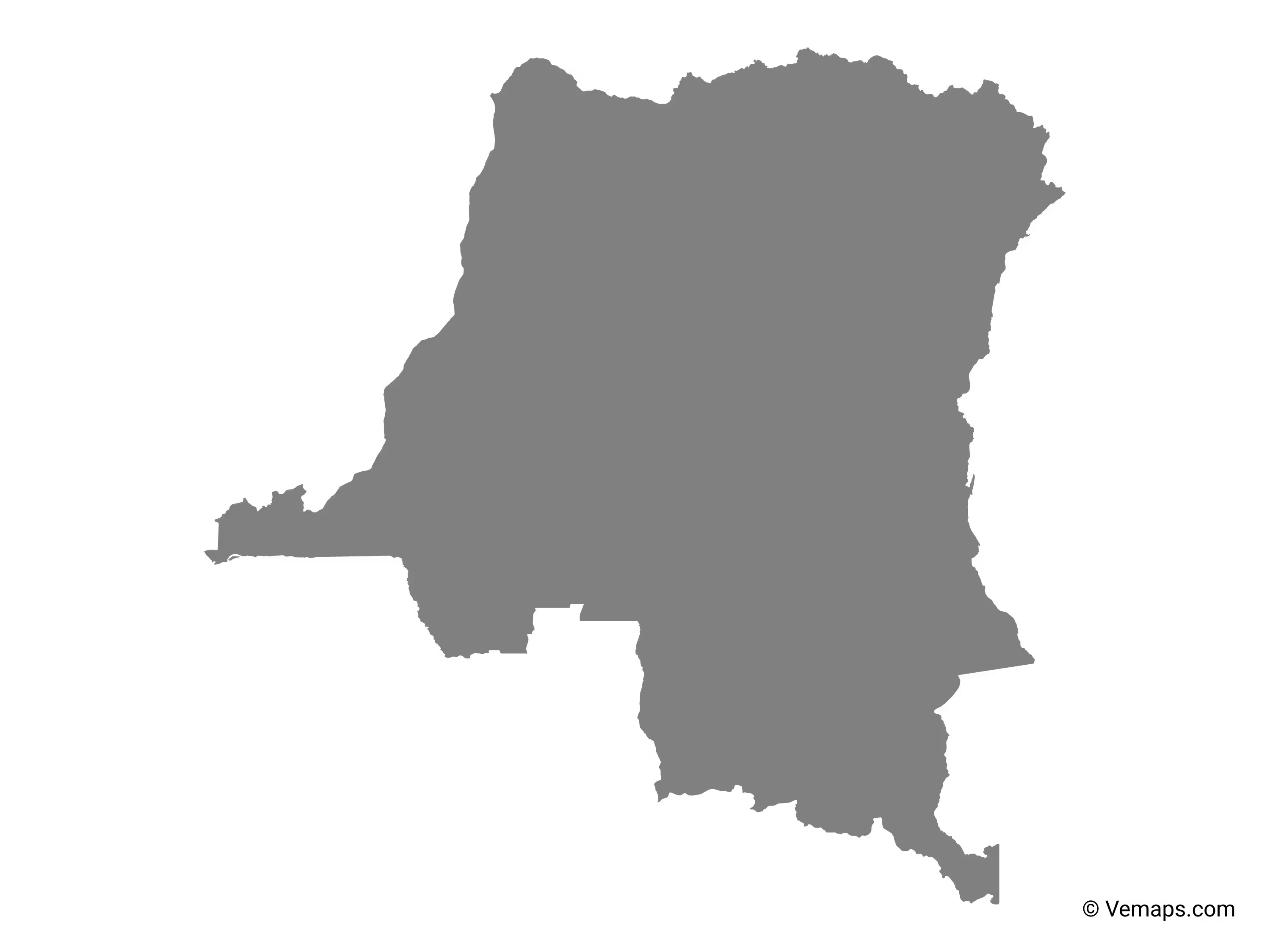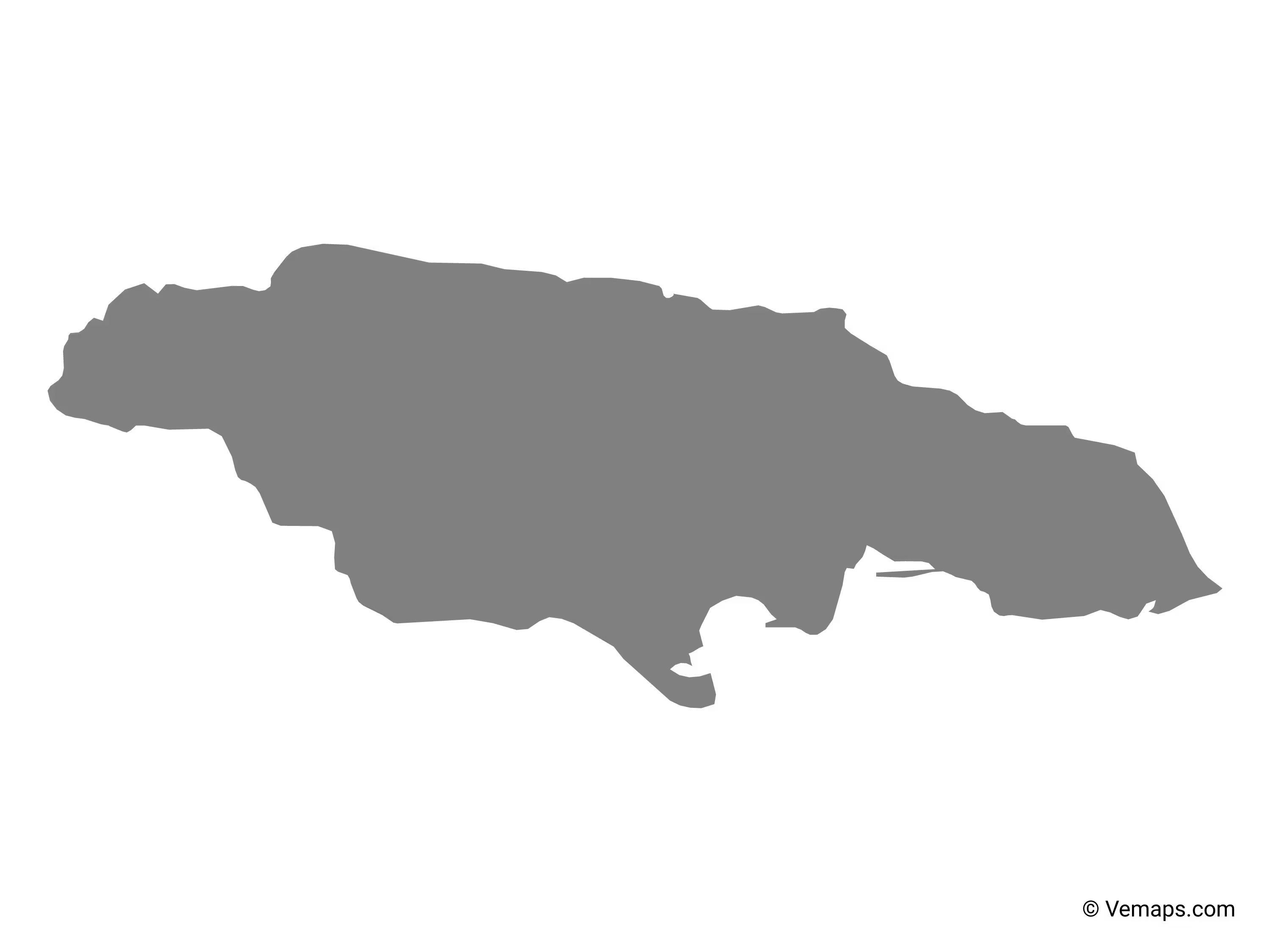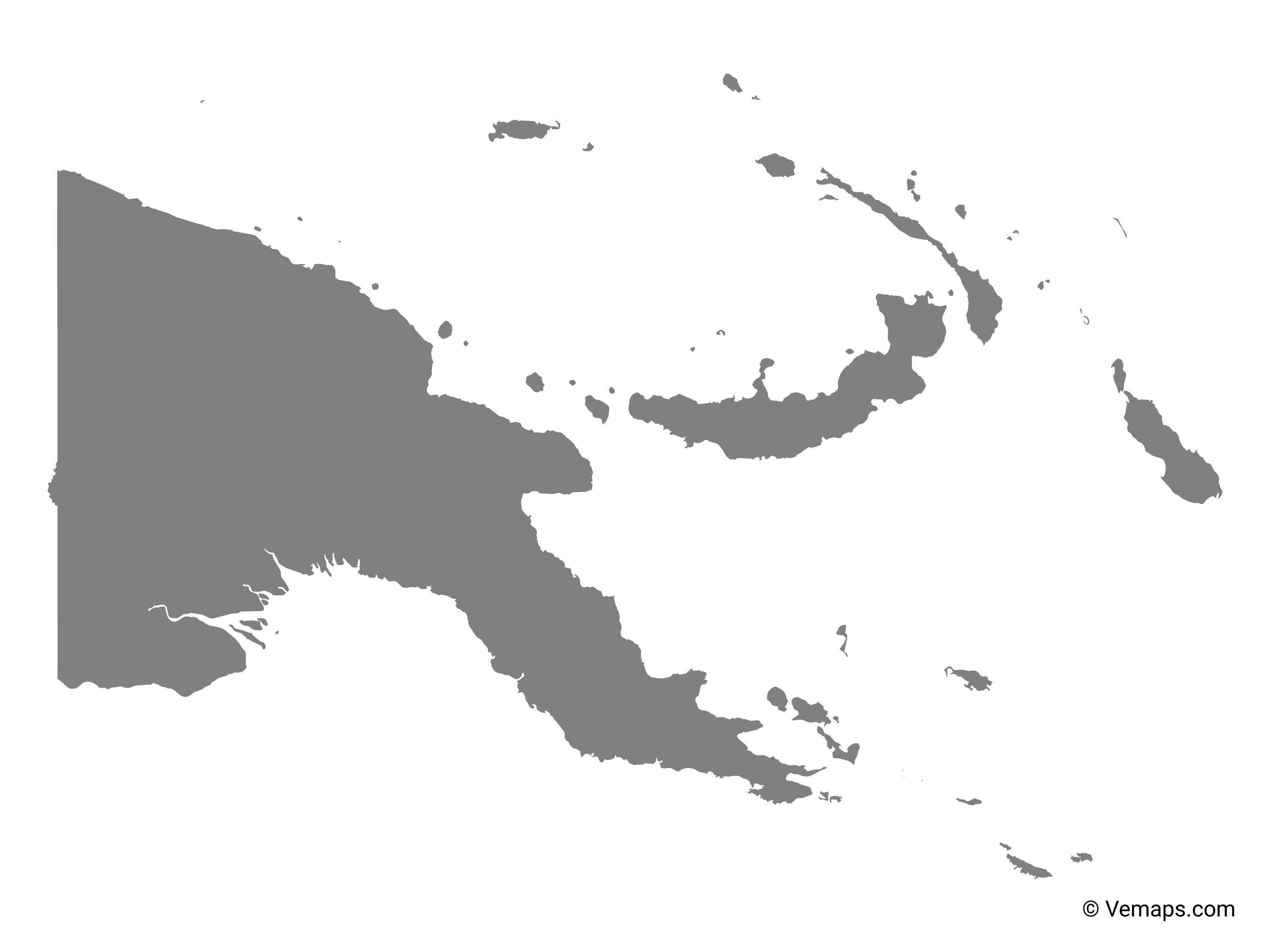
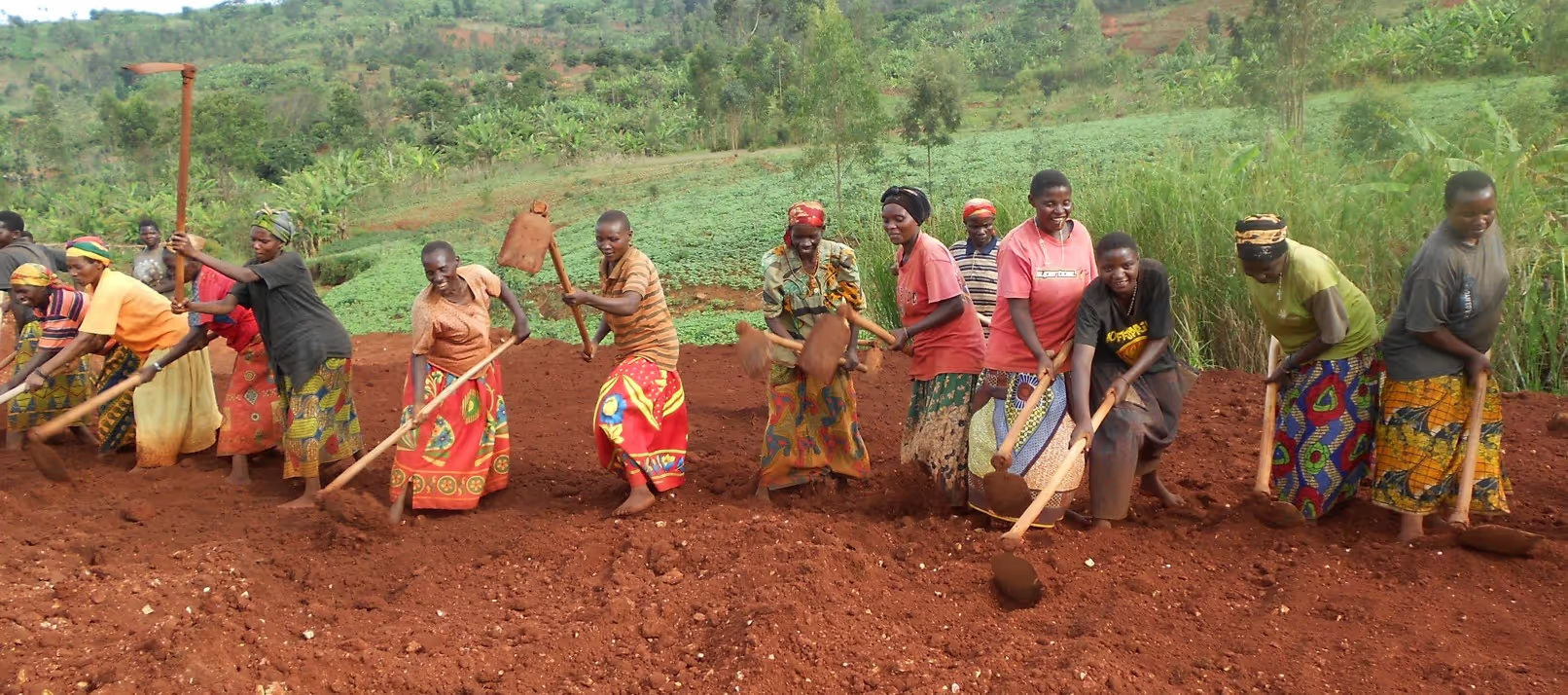
CQI began work in Burundi in 2009, collaborating with USAID’s East African Competitiveness and Trade Expansion (COMPETE) program to expand quality evaluation activities, collaborate and support the African Fine Coffees Association (AFCA) and develop competitive strategies for Fine Robusta coffee.
Learn more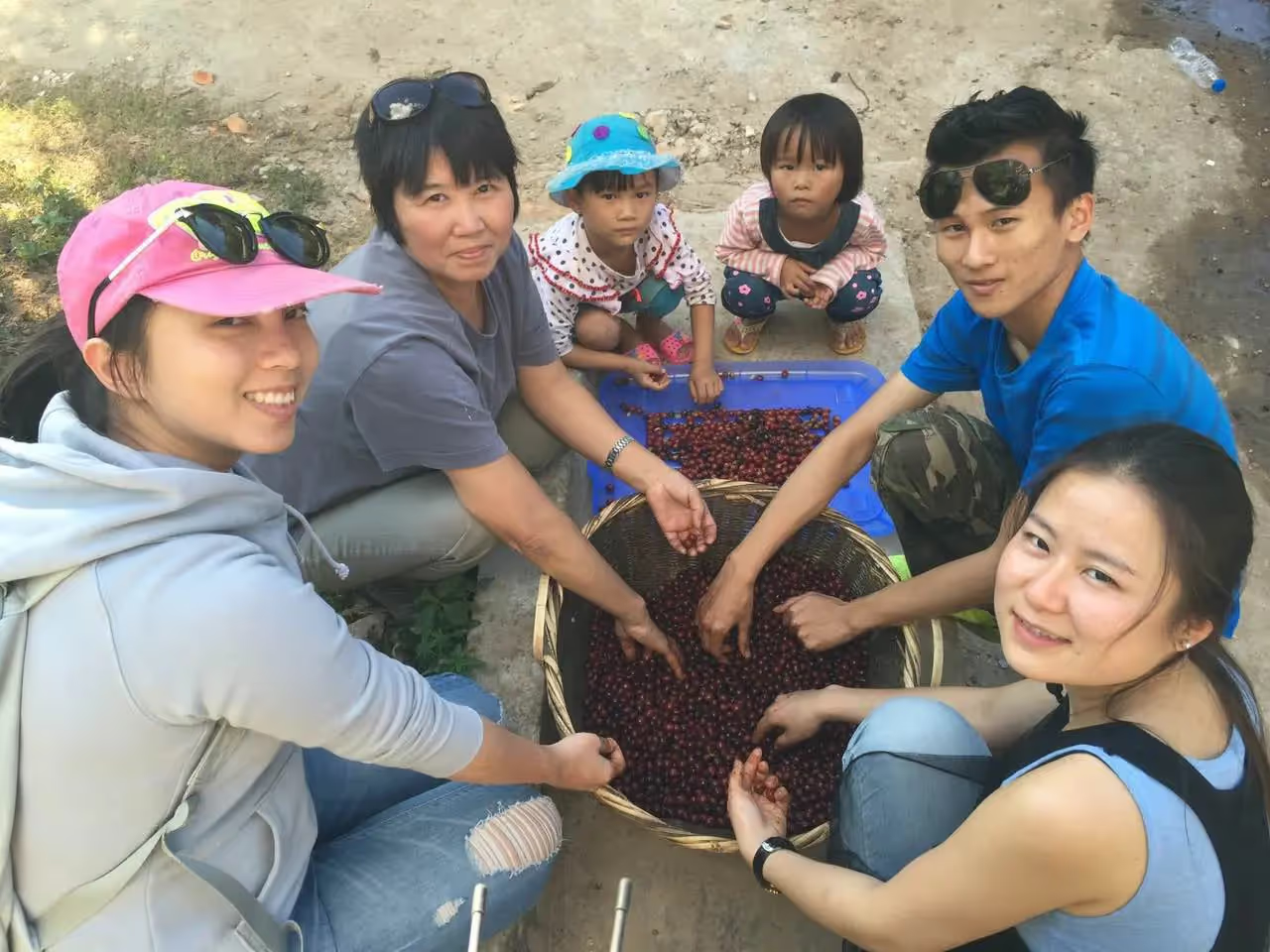
China is steadily increasing both the amount and the quality of the coffee it produces. Activities include a robust cohort of quality evaluators as well as the devlopment of tools that inform coffee growing, particularly in the Yunan region. Quality has been improving steadily in recent years.
Learn more
Colombia was the first significant country where CQI was able to use USAID funding and it’s 501c-3 non-profit status, in 2002. The project with ACDI/VOCA lasted from 2002 until then end of 2009 in an effort to strengthen the specialty market as an alternative to illegal crops. The incredible organization of the Colombian Coffee Federation (FNC) and the deep coffee culture in the country lead to significant results. Today CQI has a steady presence in Colombia, and is a proud partner in TECNiCAFÉ, a world class teaching campus in Cauca.
Learn more
Costa Rica began its work with CQI during the CADR program in 2006. During this program, CQI helped with activities such as water quality evaluation, barista training and competition, product development, and other similar training to help Costa Rica thrive in the specialty coffee sector. At that time, Costa Rica was already well organized through ICAFE and the Costa Rica Specialty Coffee Association. Several exporters became involved in selecting specialty lots and used cupping as a tool to differentiate between different qualities.
Learn more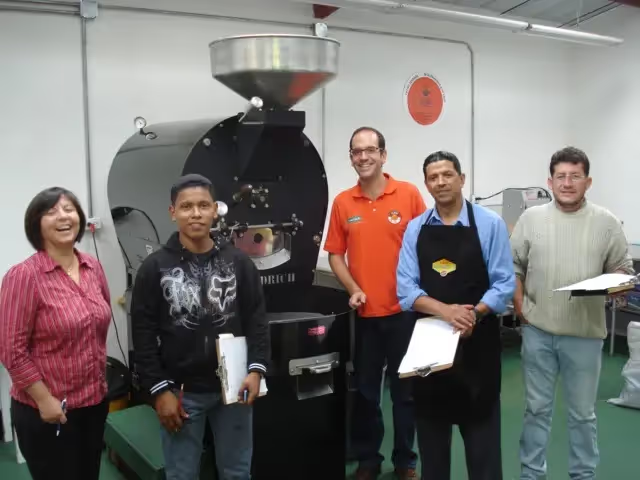
Ecuador began its involvement with the Coffee Quality Institute in 2008. For the first two years there were strong partnerships with both the In-Country Partner Loja University in southern Ecuador and with ACDI/VOCA who has a USAID project in Ecuador. The country is especially strong in canephora, and spearheaded CQI courses that are now offered globally.
Learn more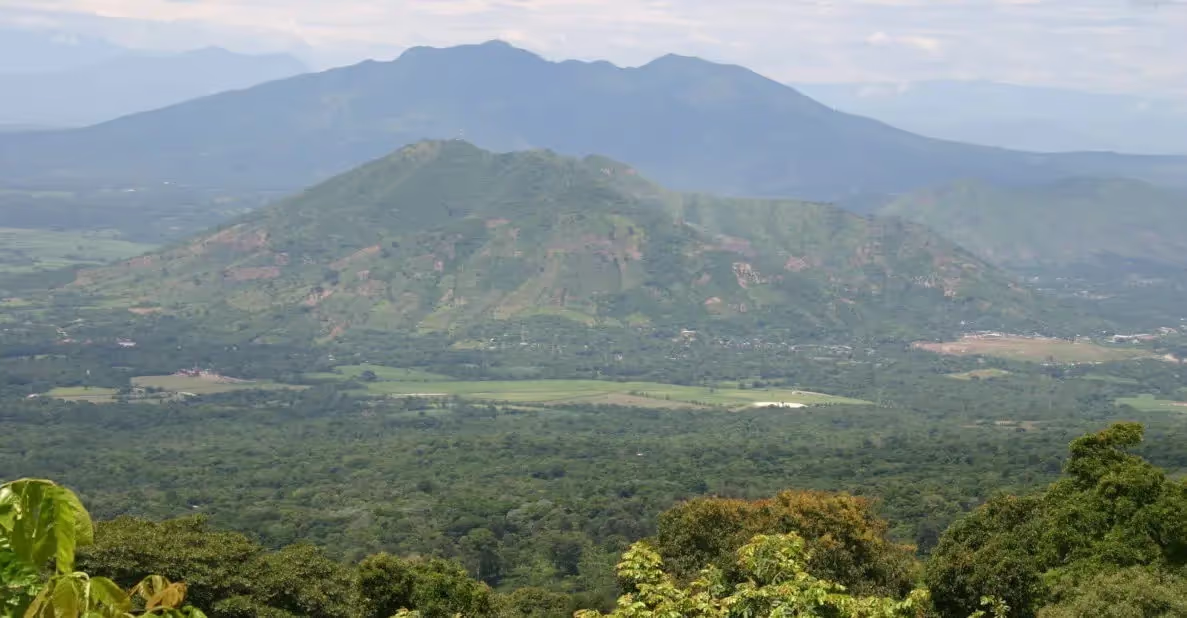
During the CADR program in 2006, CQI began work in El Salvador hosting trainings, teaching promotion and marketing, developing a training center, and more.
Learn more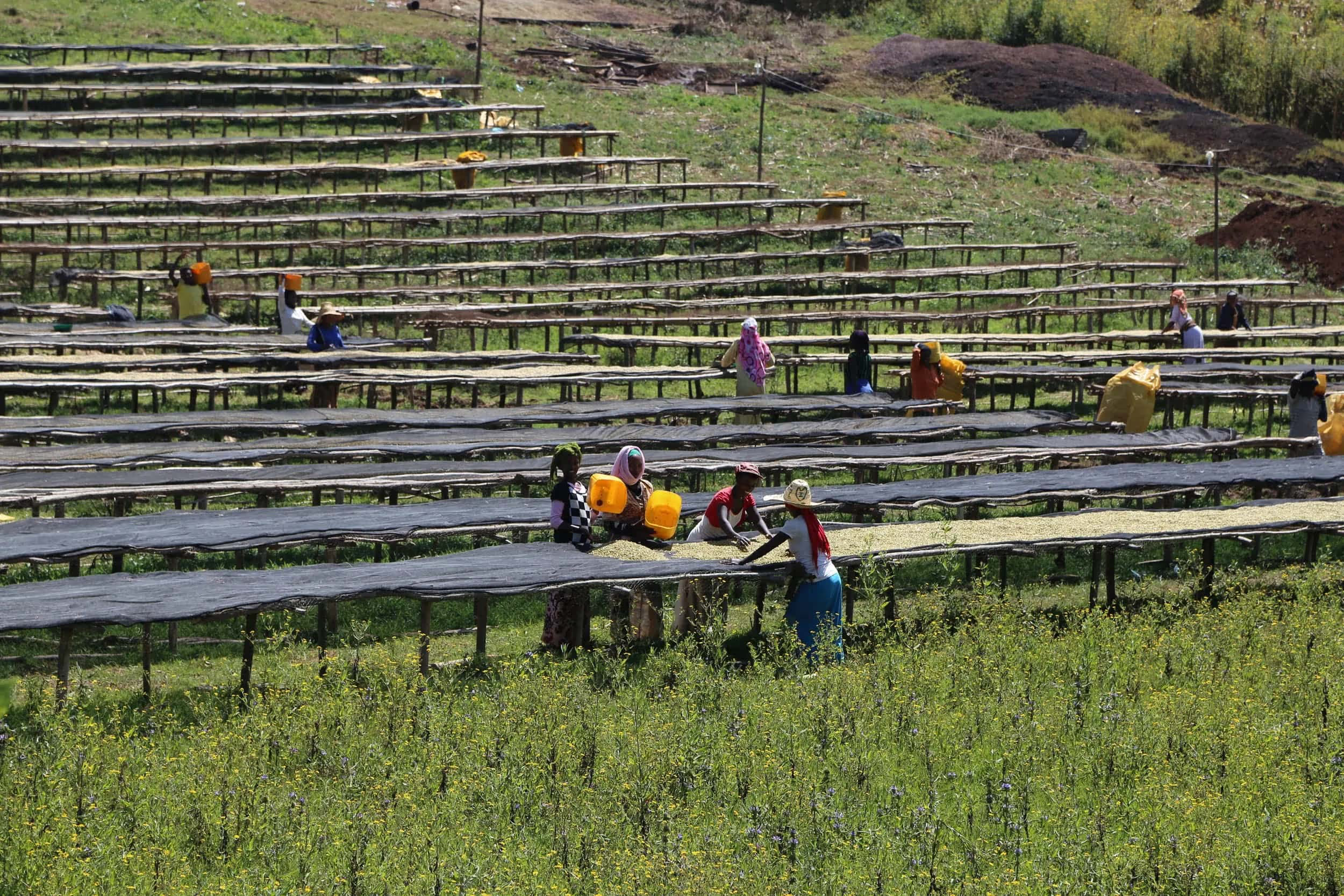
CQI has been involved in this seminal coffee origin since 2003 when Coffee Corps volunteers visited Ethiopia to train cuppers. Through Coffee Corps, USAID funded projects with ACDI/VOCA, DAI, Fintrac, SNV and private companies, CQI has done many trainings and events.
Learn more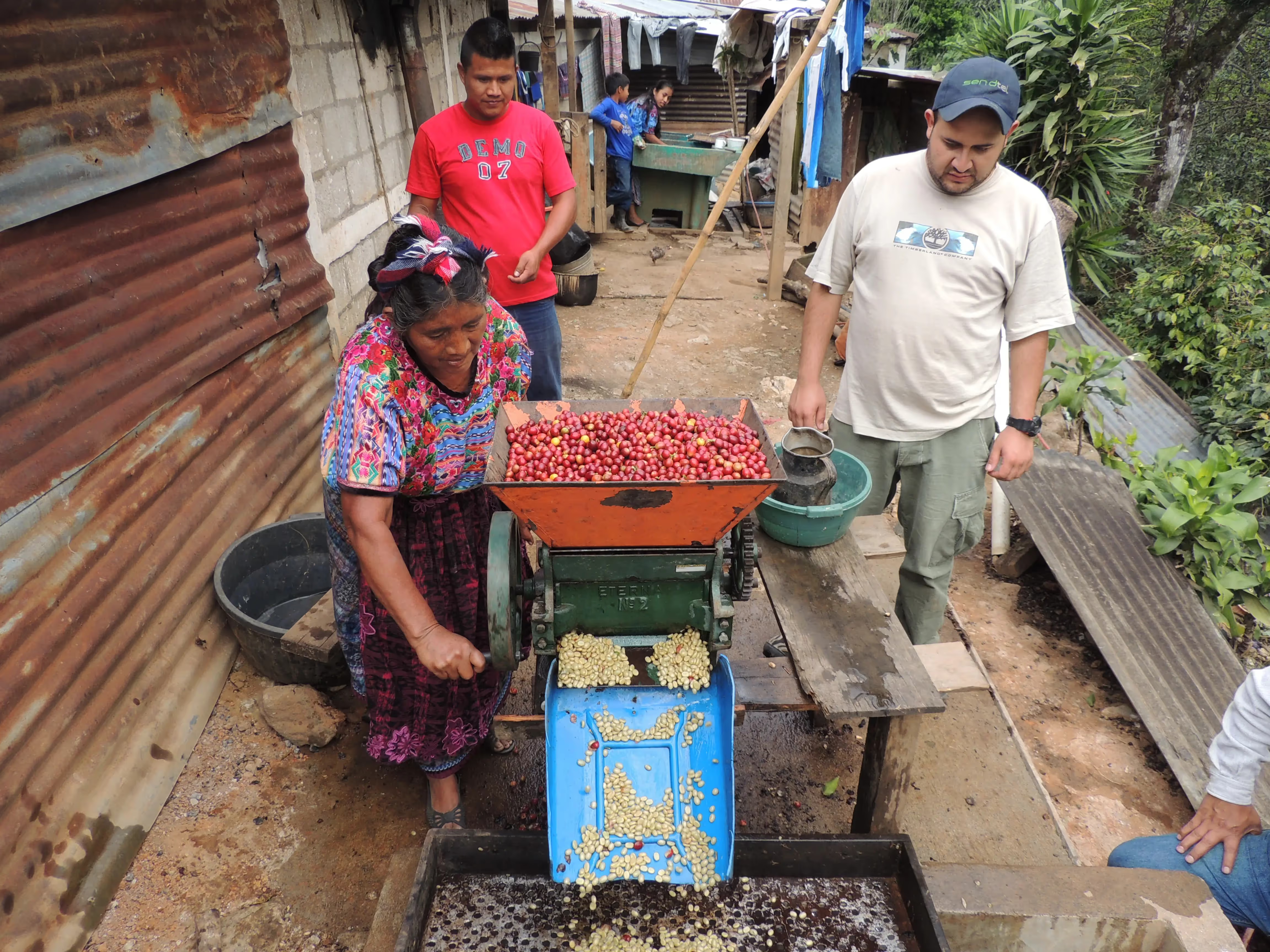
At the time CQI started work in Guatemala, they were already trending as a specialty producer due to the efforts of Anacafe. During the CADR program in 2006, CQI performed the majority of their work in Guatemala. CQI and other international organizations have worked in Guatemala to improve quality at all levels.
Learn more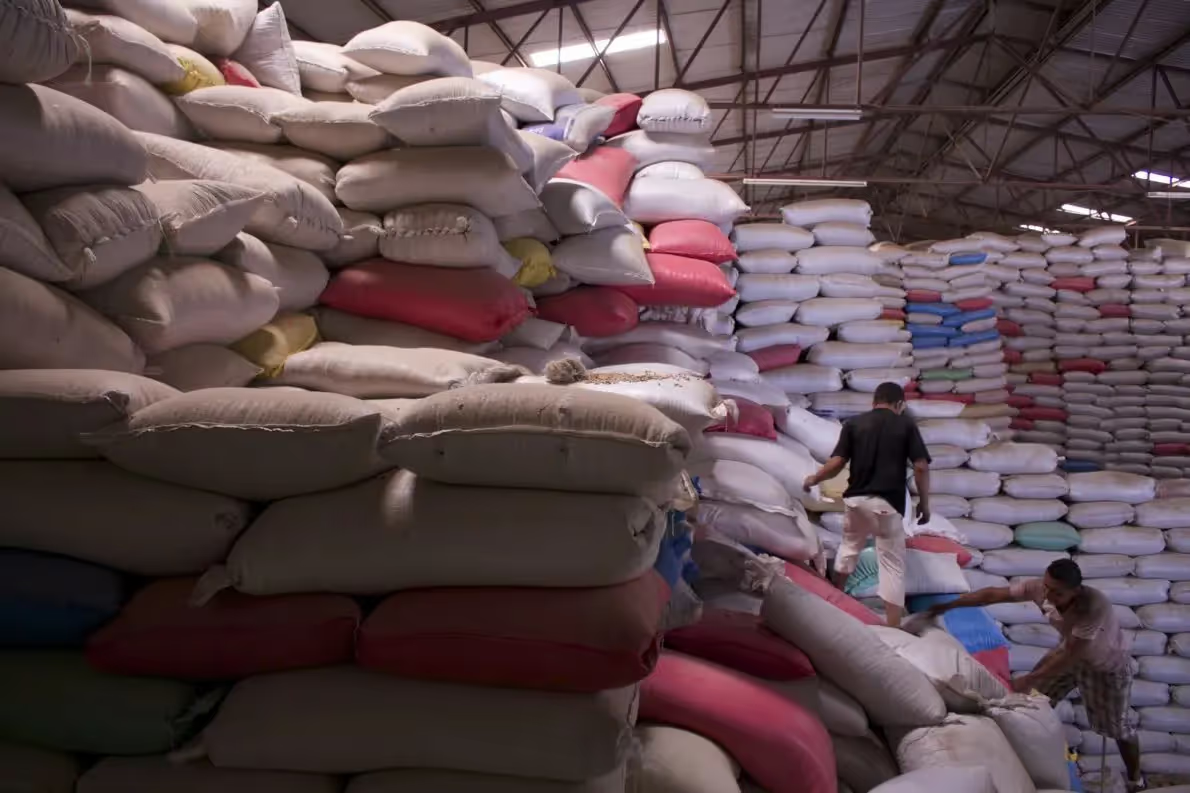
When CQI began work in Honduras, it was a commodity producer and was even selling coffee below the C market. In 2006, during the CADR program, CQI played a vital role in the improvement of the Honduras coffee sector.
Learn more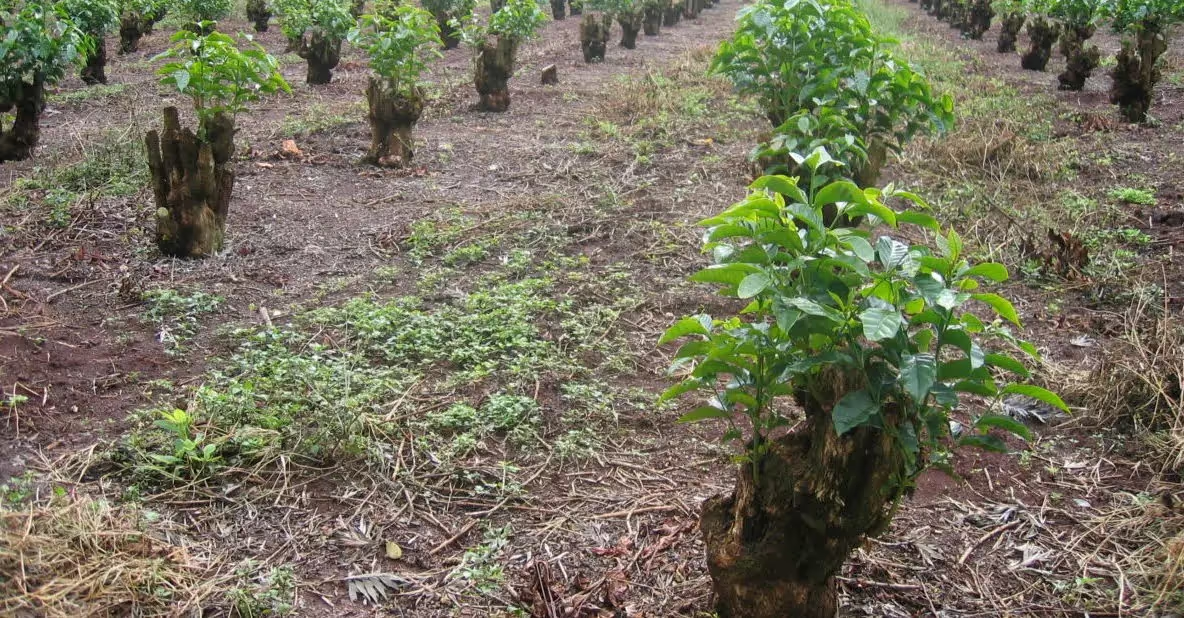
Kenya is a leader in high quality coffee and the use of the auction system, thanks to a partnership with CQI and other local and international organizations. They also have strong direct trade mechanisms which provide access to their unique high acidity coffee.
Learn more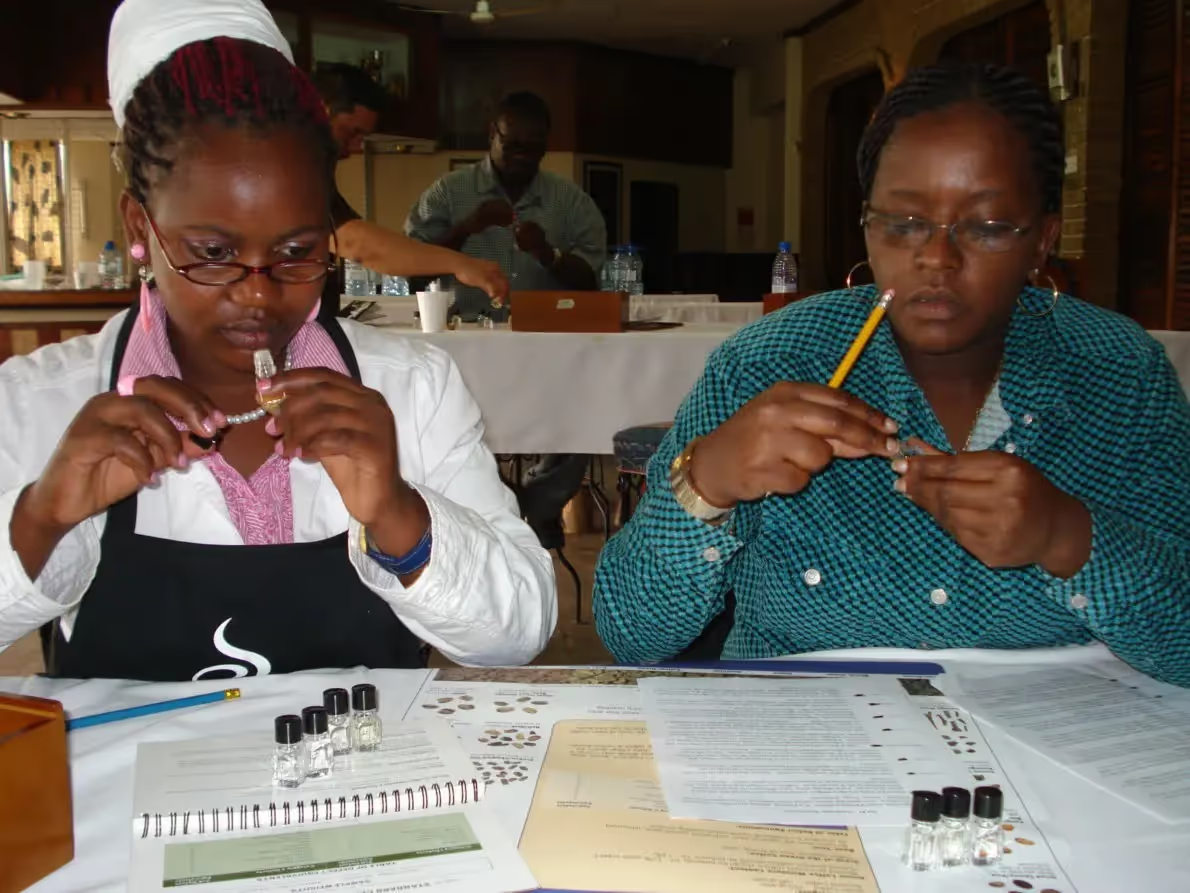
Malawi is a small producing country and most of CQI’s work has been through EAFCA and the Coffee Corps program.
Learn more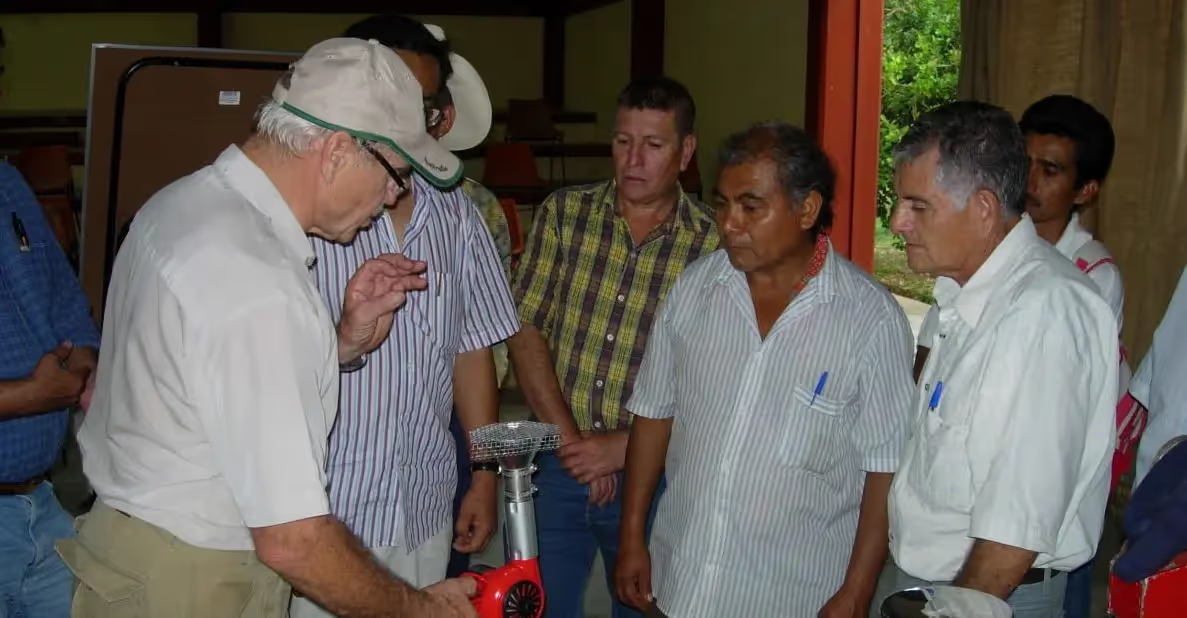
Mexico was a one of the main suppliers of arabica coffee for the U.S. market, historically, though its production has declined due to lack of investments in the coffee sector, while its consumption has largely increased. Today, Mexico is transitioning from being just an important producing country to becoming a consuming country, as well.
Learn more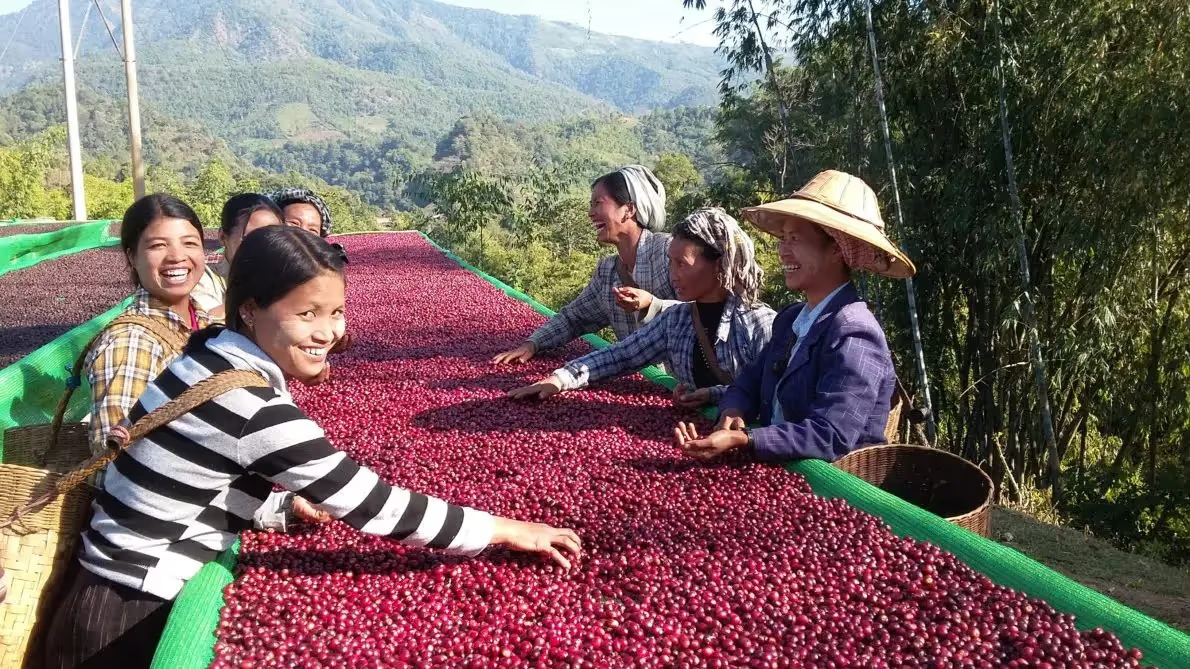
The Coffee Quality Institute was a key implementing partner with Winrock International on the USAID VC-RD project in Myanmar. CQI’s contributions included technical support to improve coffee production and processing, cupper training, association and organizational development and market linkages.
Learn more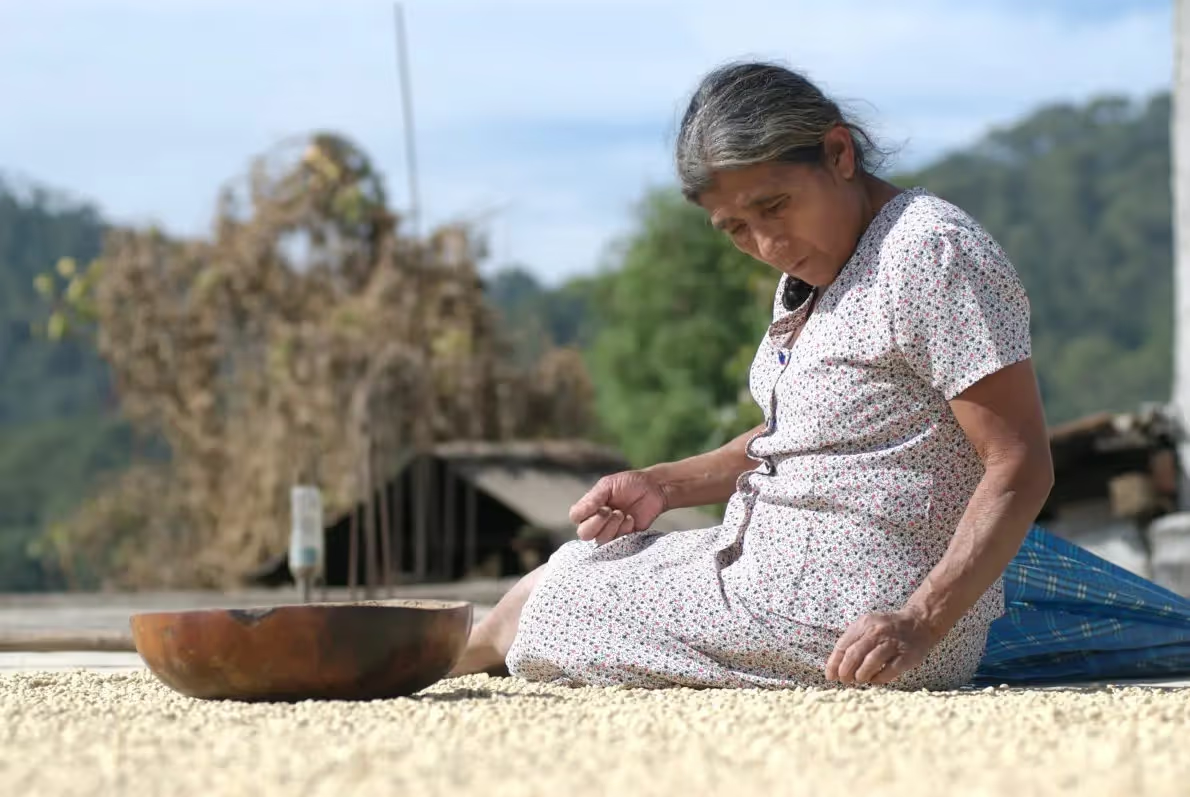
CQI started work in Nicaragua with the Coffee Corps program and the CADR (Central American and Dominican Republic) program - funded by USAID. All aspects of the industry were addressed; roasters, baristas, cooperatives, production, and processing. Nicaragua was one of the first countries where Q graders began through the Star Cupper program.
Learn more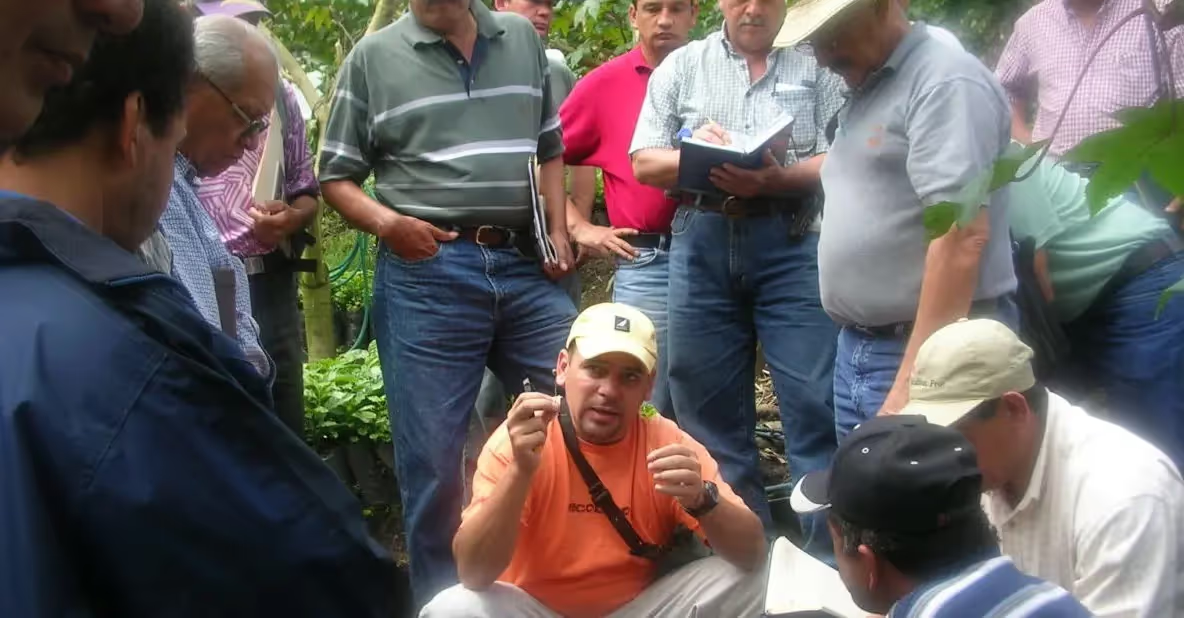
Panama has become known as one of the premier coffee quality production centers. The combination of diverse climate, highly educated producers and small production allows for some of the highest priced coffees in the world.
Learn more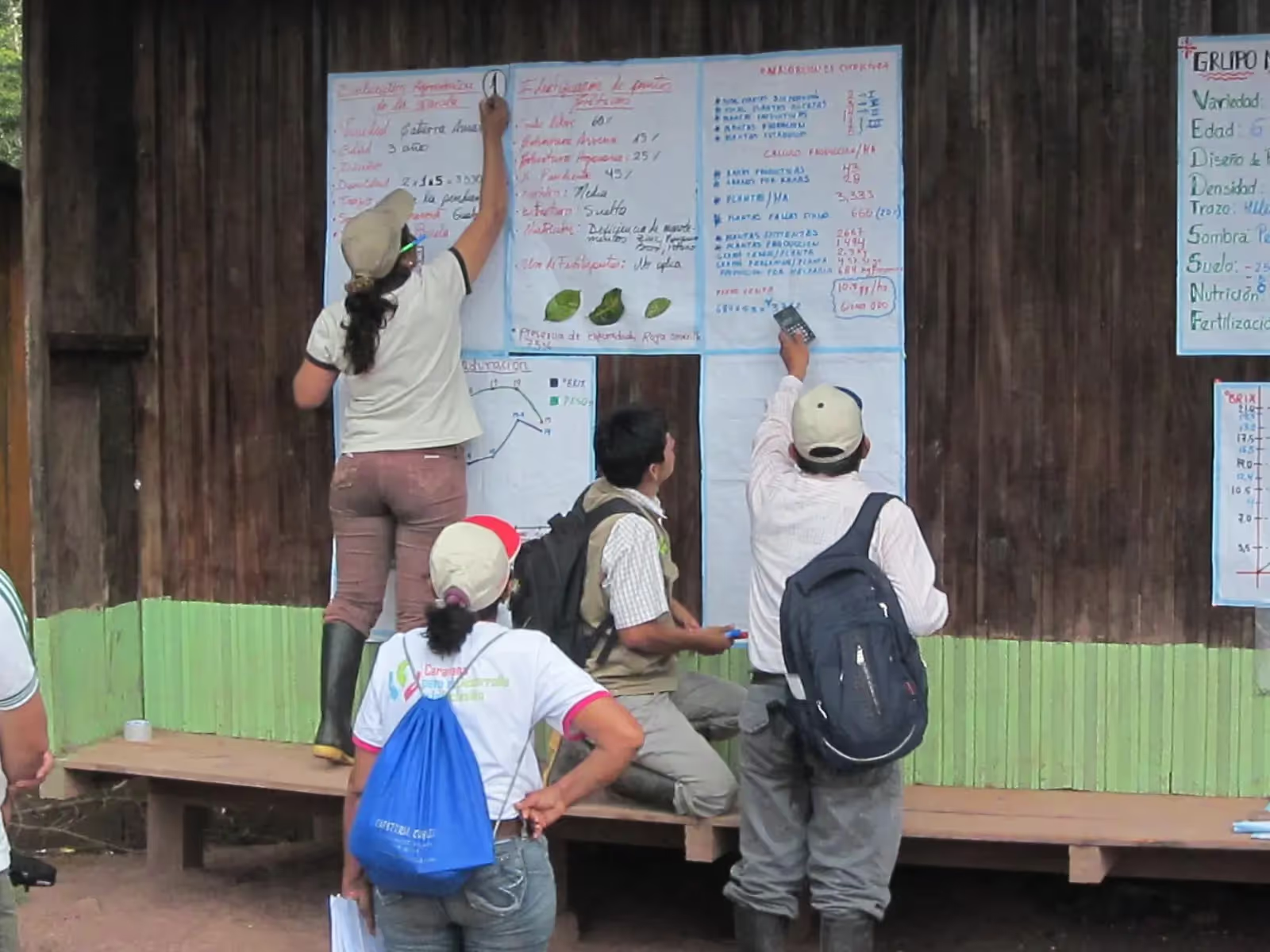
Peru is a leader in Fairtrade and organic coffees and supplies washed arabica. CQI began work in Peru through the USAID funded Coffee Corps program in 2003. After that initial project, in 2006 CQI began working with a number of international donors as well as another USAID project with ACDI/VOCA.
Learn more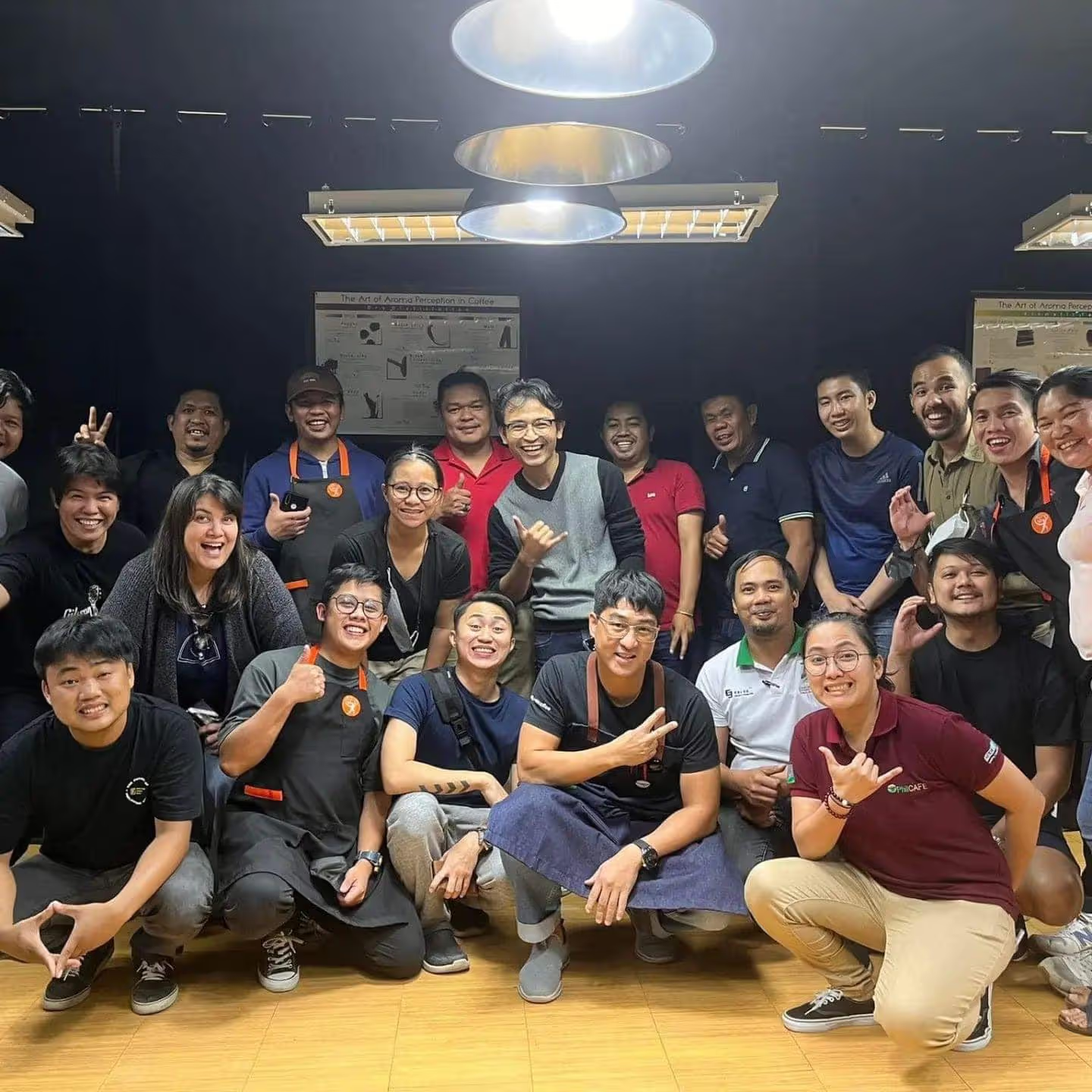
CQI has supported coffee professionals throughout the Philippine coffee value chain since 2004 through numerous strategic trainings, capacity building, industry events and market linkage development.
Learn more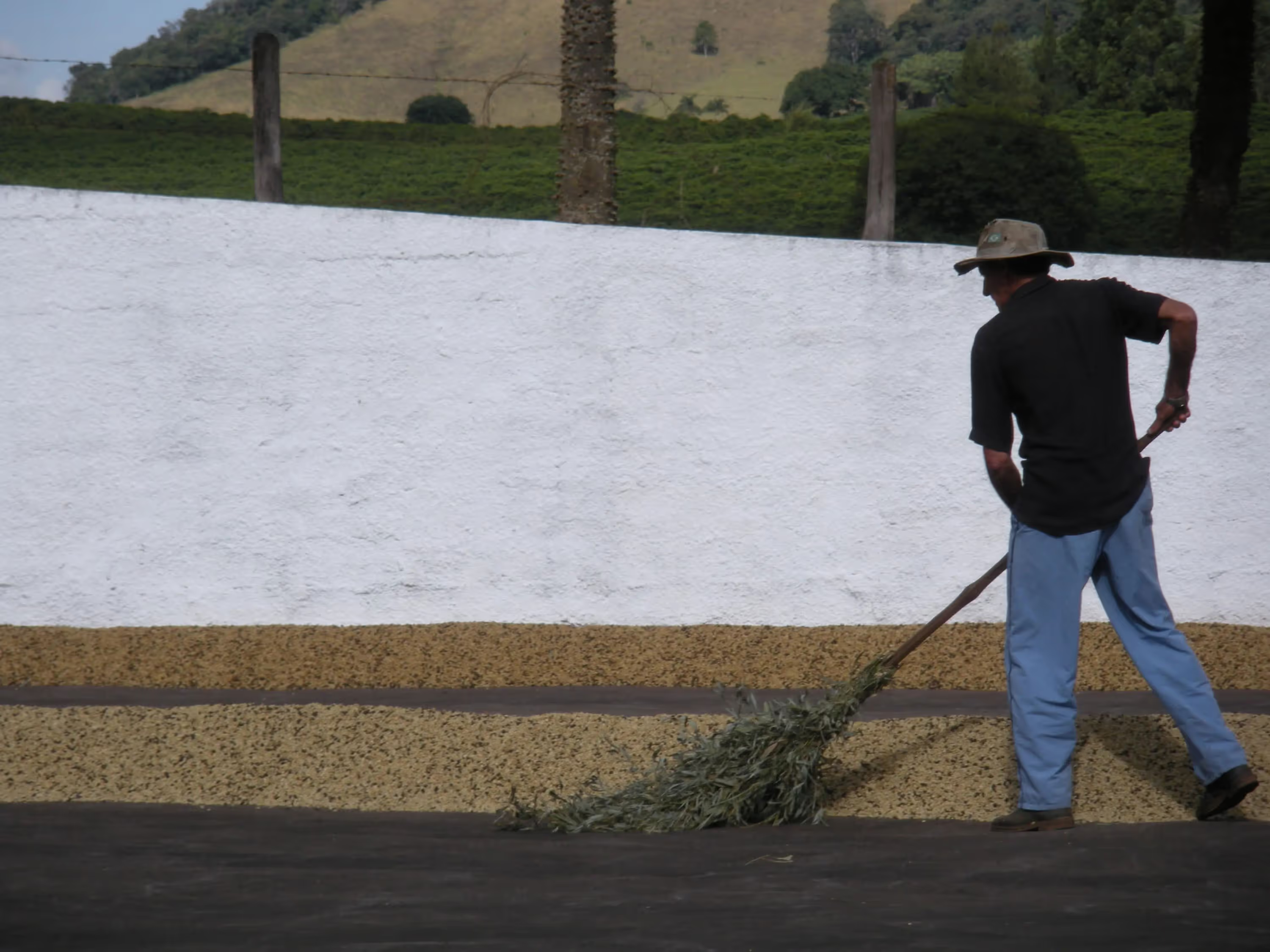
Brazil is by far the leading producer of coffee in the world with over 50 million bags. They are driven by the private sector and have greatly improved quality for both arabica and canephora over the last 20 years, although they still focus on high production and low costs generally.
Learn more.avif)
CQI’s work in Rwanda began in 2004 with the Coffee Corps global program, a direct grant from USAID to develop Coffee Corps. The leaders of the PEARL project (Partnership for Enhancing Agriculture through Linkages in Rwanda), also USAID funded, reached out to CQI for volunteers to complement their cupping program.
Learn more
CQI began its work in Tanzania through the regional USAID programs RATES and COMPETE in 2003, managed by Steve Walls at Chemonics. Most of the work was coordinated with EAFCA because of the regional nature.
Learn more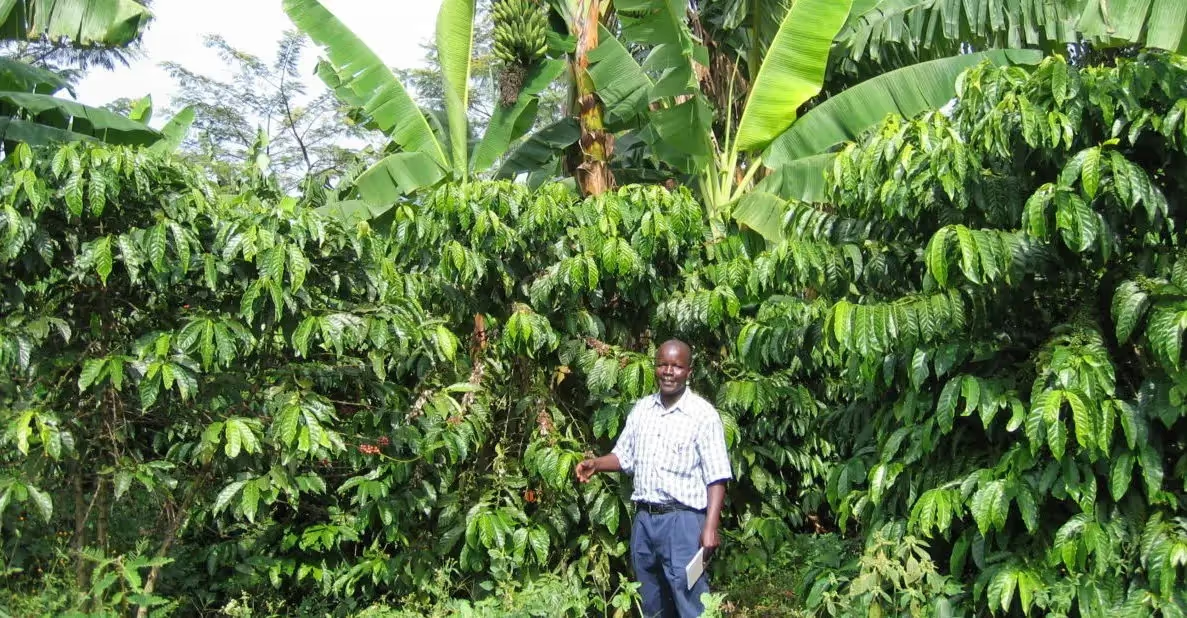
Coffee is Uganda’s number one export, currently producing about 4 million bags annually (figure from 2014). The coffee industry supports over 1.7 million farming families in Uganda and accounts for approximately 20% of all export trade.
Learn more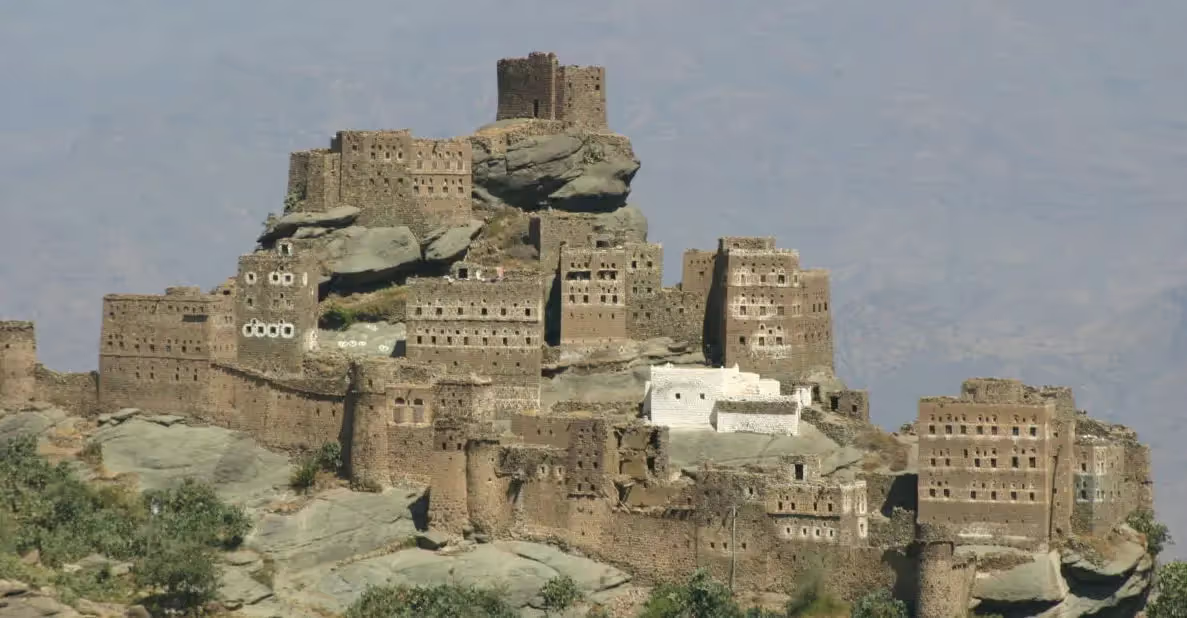
Yemen is a small coffee producing country that only grows arabica. Coffee trees were brought from their origin in Ethiopia and introduced into the Arab empire over a thousand years ago in what is now Yemen.
Learn more.JPG)
CQI has been supporting the growth and improvement of the specialty and fine coffee industry in Papua New Guinea through targeted support to smallholder farmers and processors since 2019. Most notably, in partnership with Fairtrade Australia New Zealand (FTANZ) and the International Trade Centre (ITC).
Learn more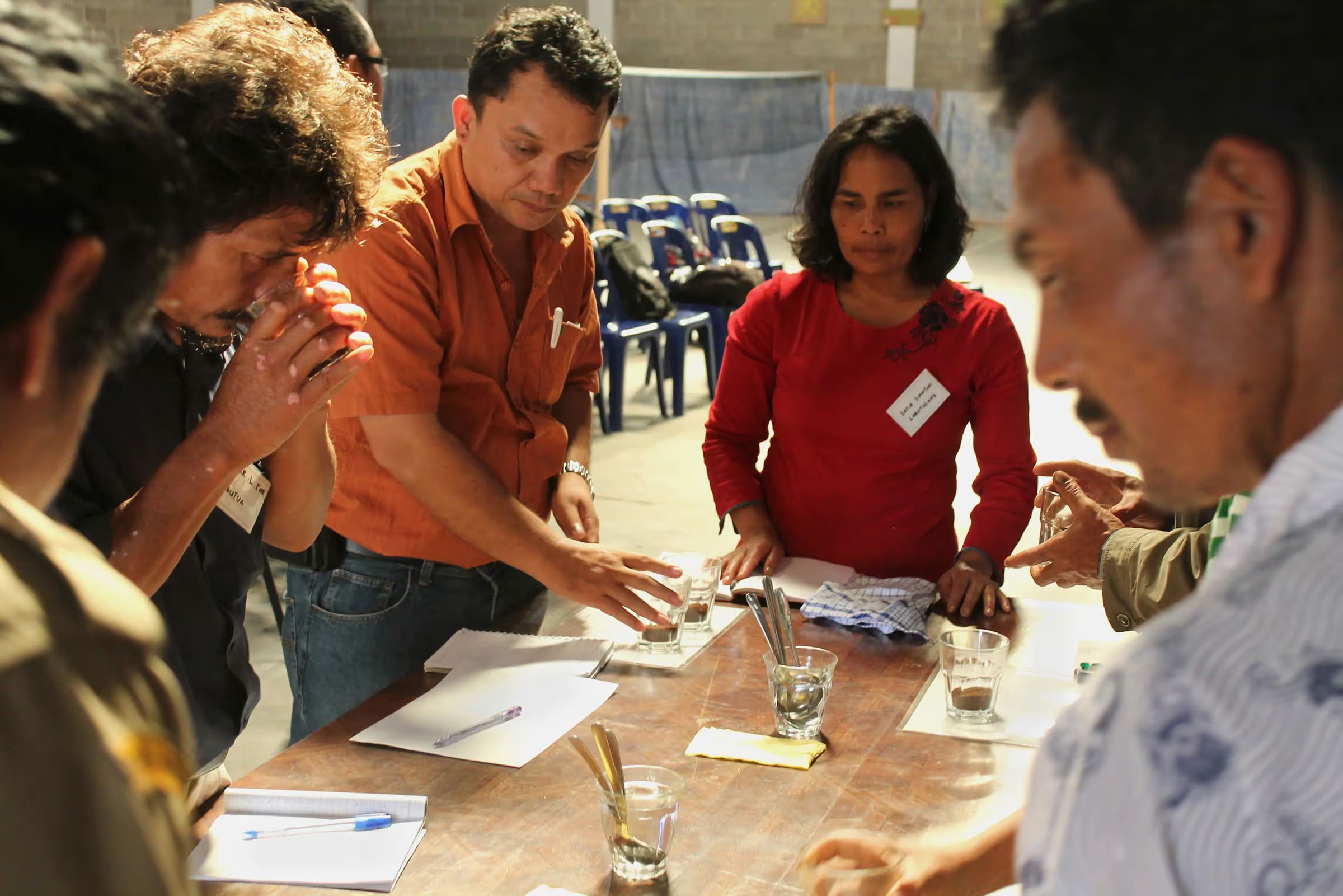
Indonesia is a coffee producing country of both arabica and canephora - it has many islands and a great diversity of products. Their crops produce unique coffee with heavy body and is very popular among specialty coffee drinkers.
Learn more
CQI has worked in Australia providing training in quality evaluation and post-harvest processing.
Learn more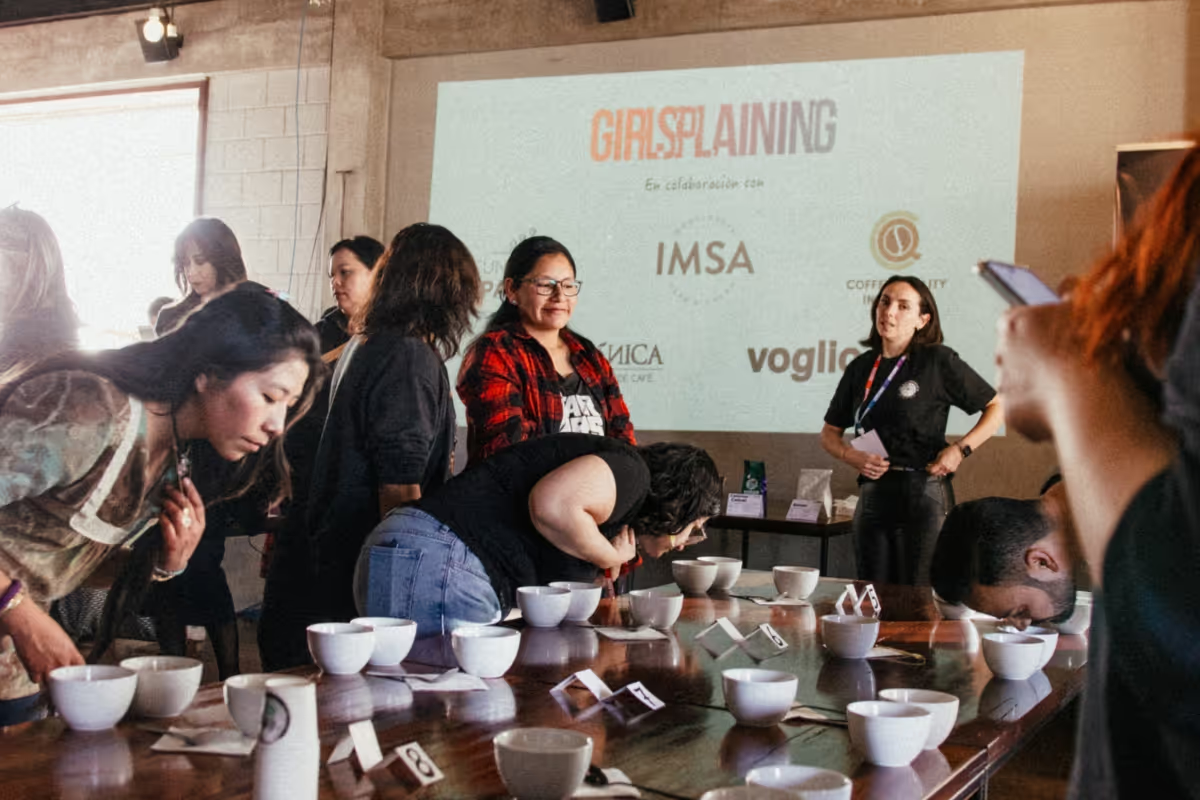
CQI supported women's participation at an education and community building event through its Global Coffee Fund.
Learn more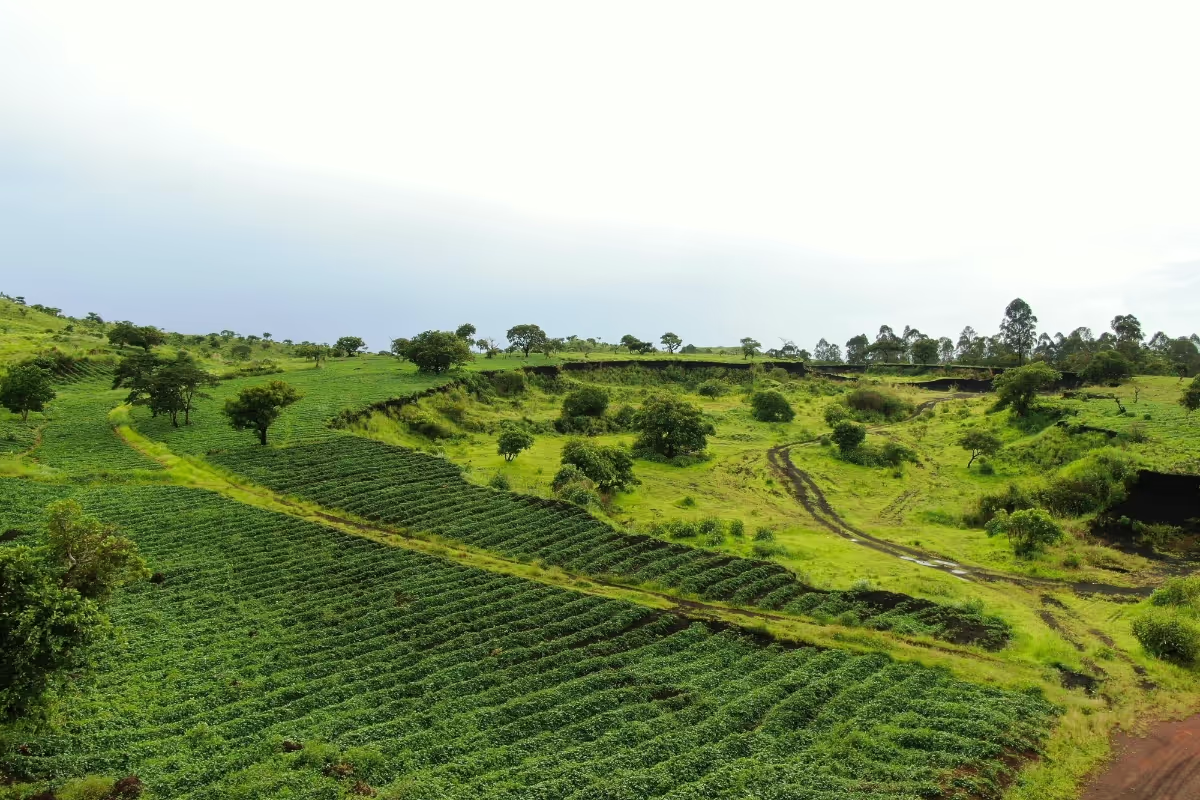
Coffee is a valuable crop in Cameroon, CQI worked with the North West Cooperative Association funded by USAID.
Learn more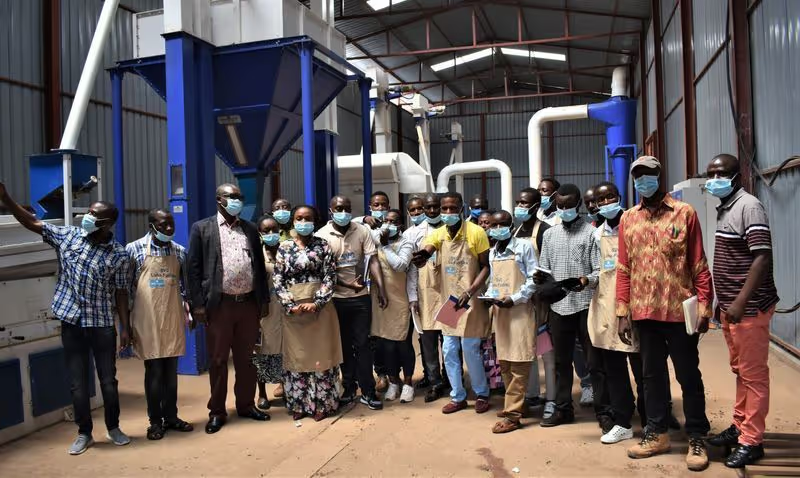
Through the USAID Feed the Future-funded Strengthening Value Chains (SVC) Project, CQI worked to increase incomes and improve coffee quality in the Eastern DRC regions of Kabare, Kalehe, and Idjwi.
Learn more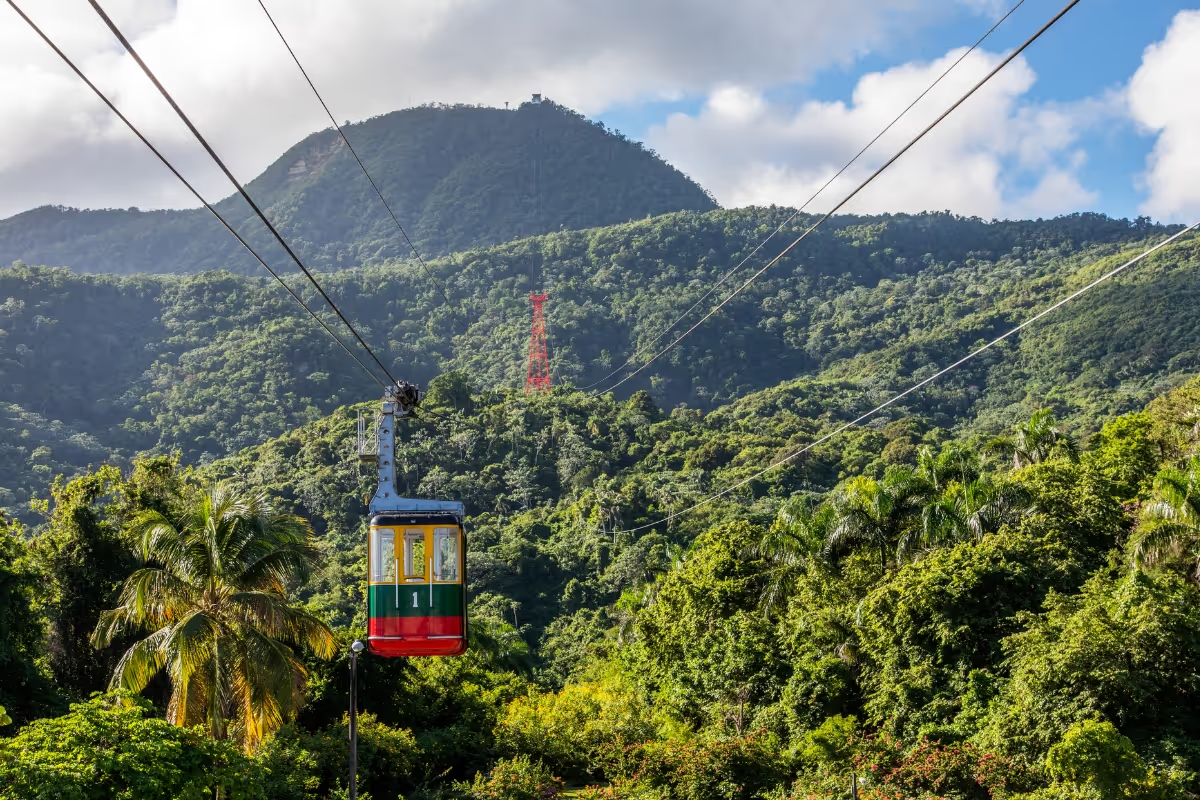
Coffee Quality Institute has had the opportunity to do both processing and quality evaluation training in the Dominican Republic.
Learn more
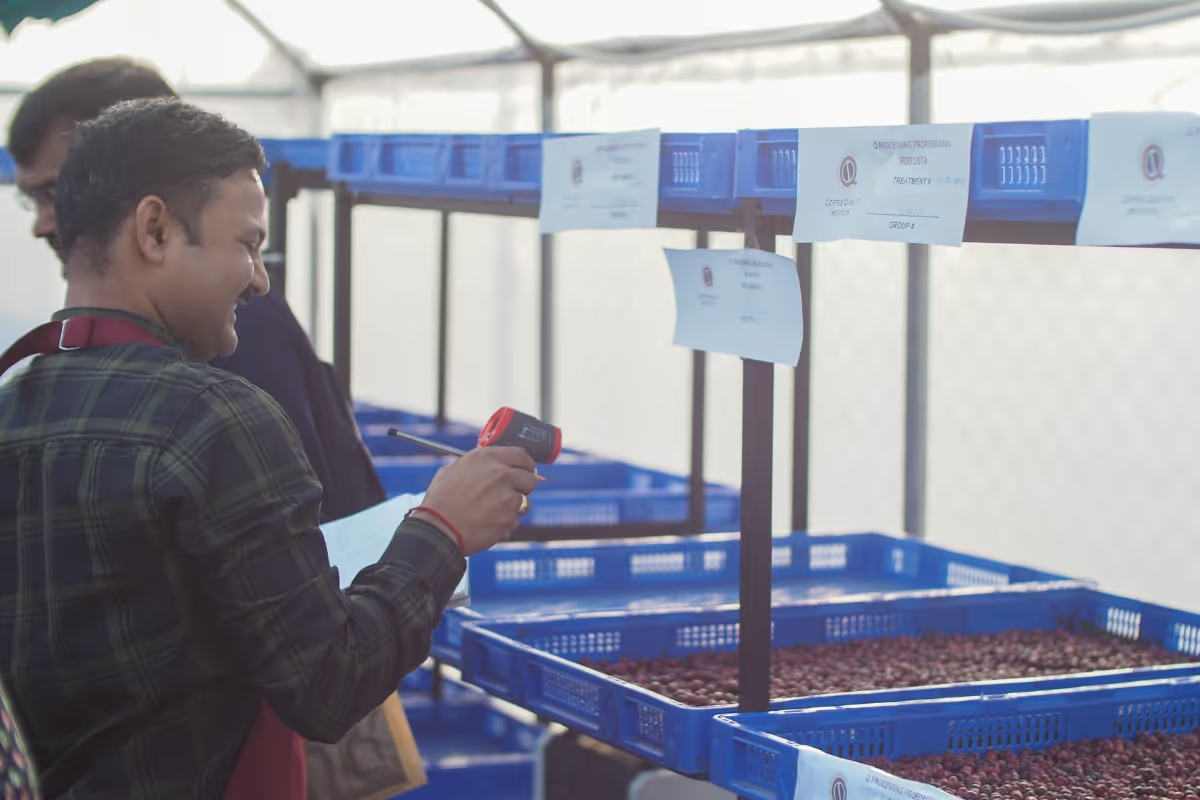
The Indian coffee industry is growing not least because of a rapidly growing domestic audience. CQI has been happy to work with the Indian Coffee Board on post-harvest processing education.
Learn more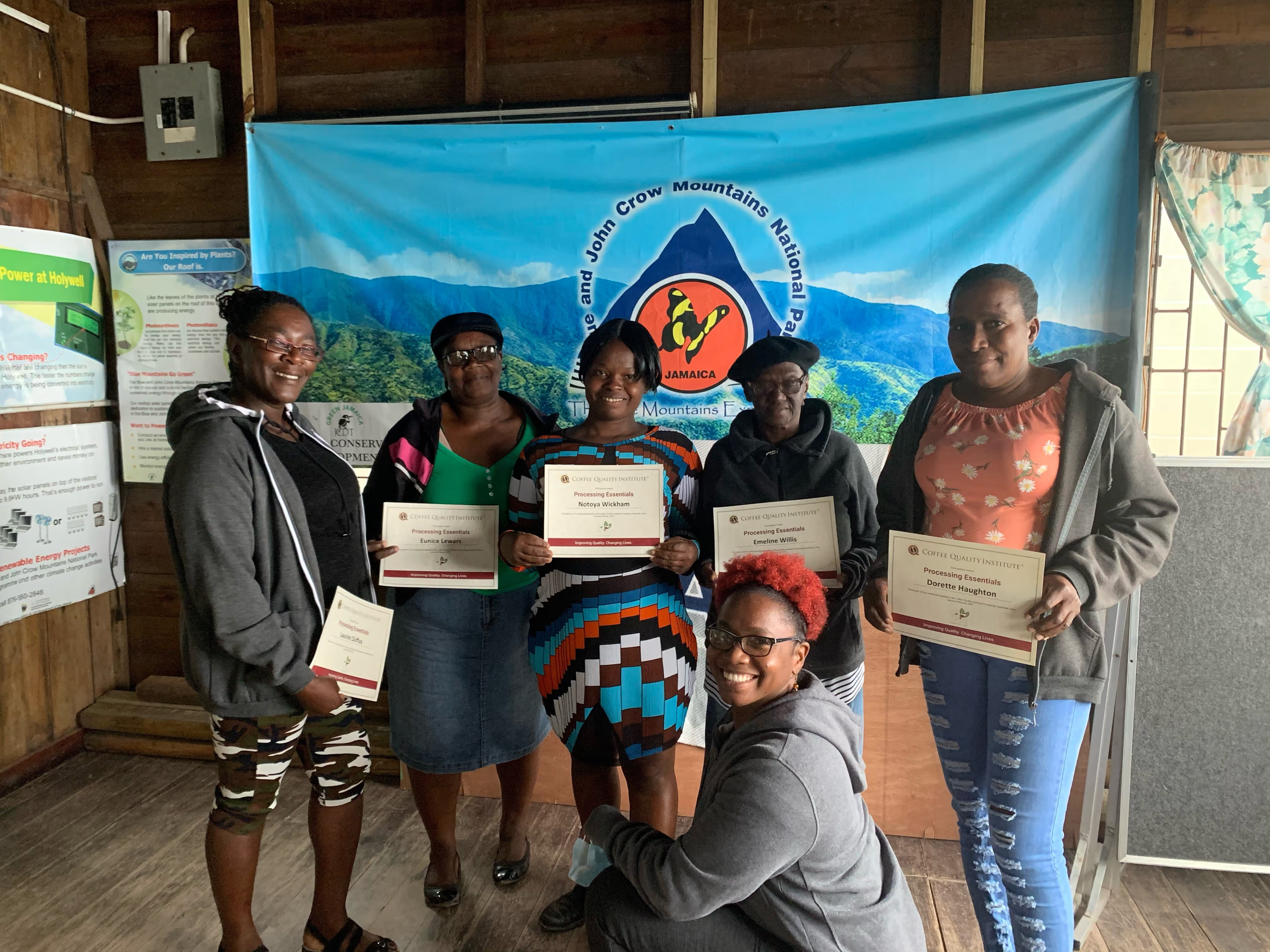
CQI collaborated with Jamaican Women in Coffee (JAWiC) - the Jamaican chapter of the International Women’s Coffee Alliance (IWCA) - aiming to design a multi-year project with the goal of supporting Jamaican coffee producers to elevate coffee quality, reinvigorate production, and establish leadership infrastructure for a self-sustaining, thriving Jamaican coffee community. The effort began with an introductory training in coffee processing.
Learn more.avif)
The Coffee Quality Institute (CQI) was been a key member of the United State Department of Agriculture (USDA) funded CLEAN Project, implemented by Winrock International, that is working to improve the agricultural sector in the Lao People’s Democratic Republic.
Learn more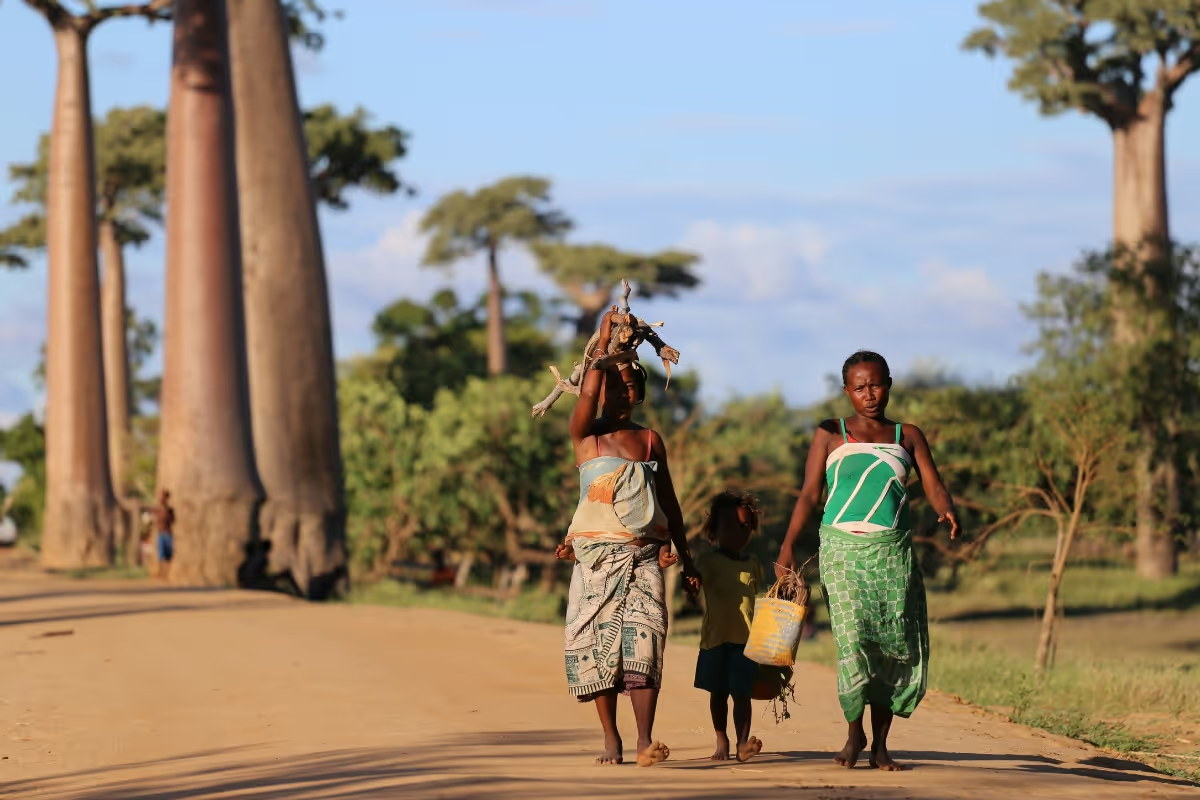
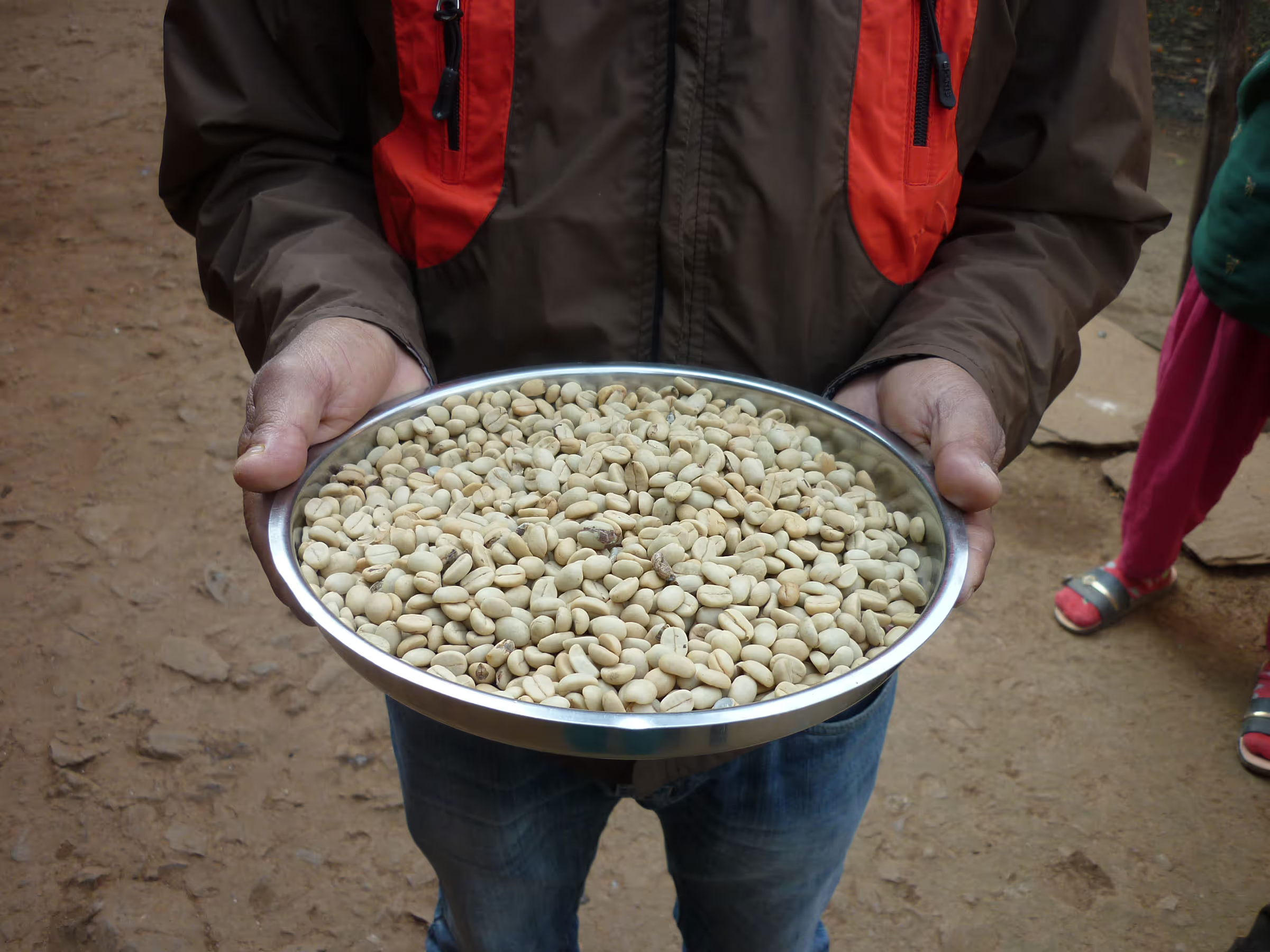
CQI began working in Nepal with Lutheran World Relief, delivering everything from assessment to processing education.
Learn more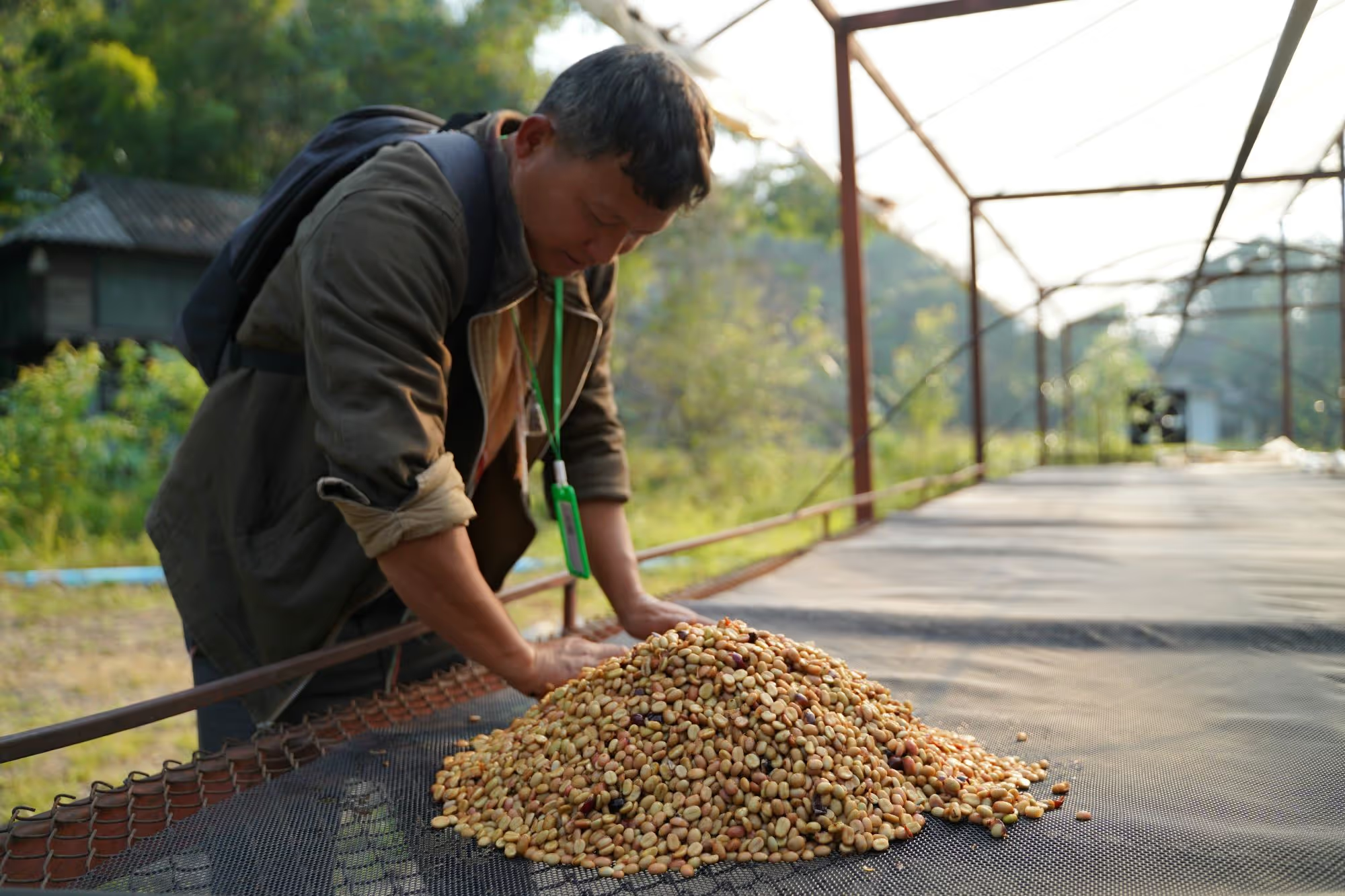
CQI was the prime implementer of the Q Project Thailand, in collaboration with Bolliger & Company Thailand (BCT). Q Project Thailand is funded by Bolliger & Company Thailand and various Thai government donors. Education included quality evaluation and post-harvest processing skills.
Learn more.avif)
In Timor-Leste, CQI has led analysis of the specialty coffee sector for donors like the Asian Development Bank (ADB) to support the design and implementation of coffee sector support programs.
Learn more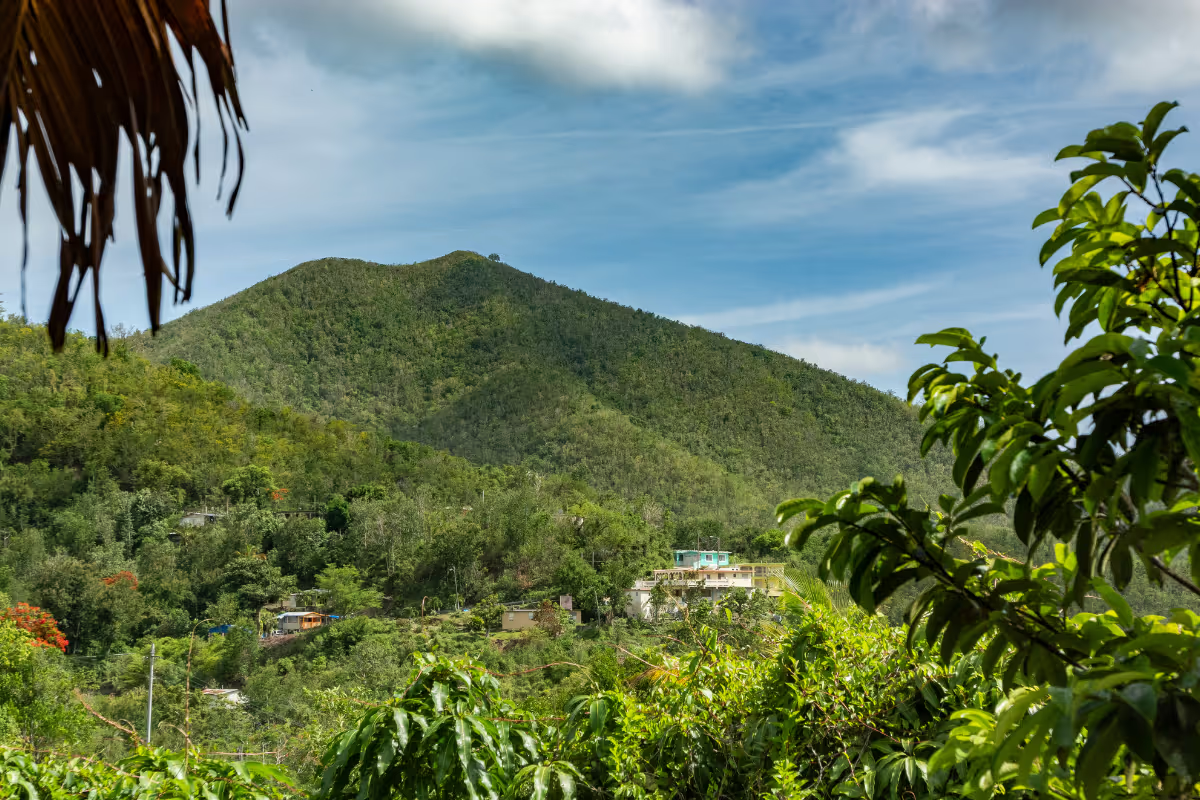
Beginning in the 1700s, the Puerto Rican coffee industry has faced significant challenges, including from devastating hurricanes. The island is producing high quality coffees and local varieties.
Learn more

Saudi Arabia has a string coffee tradition. Coffee Quality Institute worked on processing and quality evaluation training.
Learn more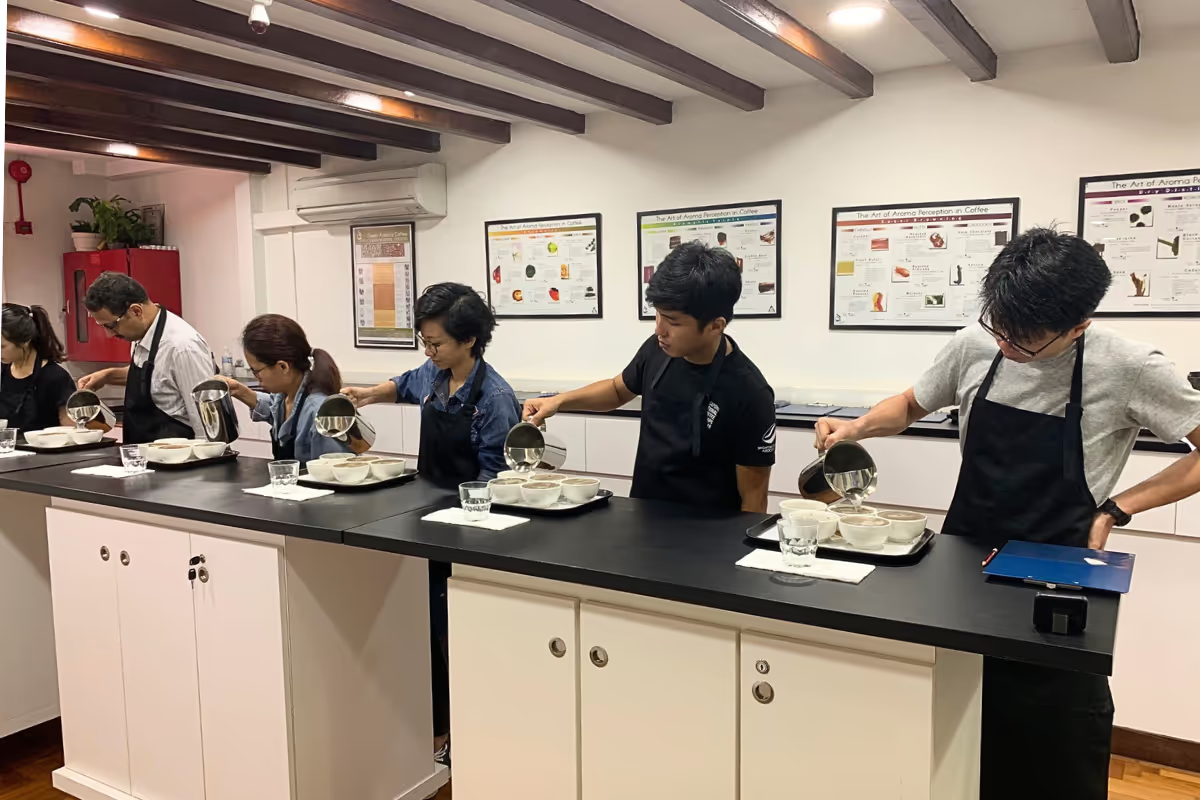
Coffee Quality Institute worked with ACDI/VOCA funded by USAID to offer quality evaluation training.
Learn more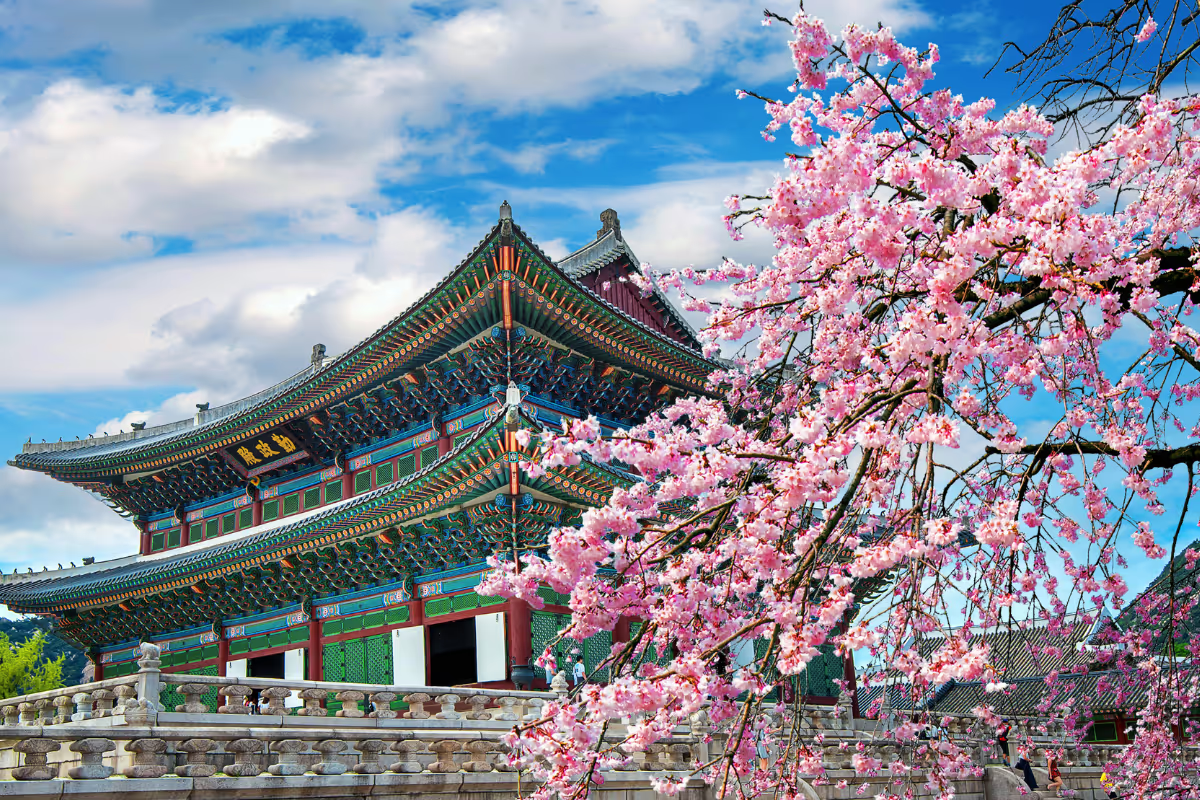
South Korea is a large, competitive market that seeks new and exciting coffees. CQI focused on evaluation, both arabica and canephora.
Learn more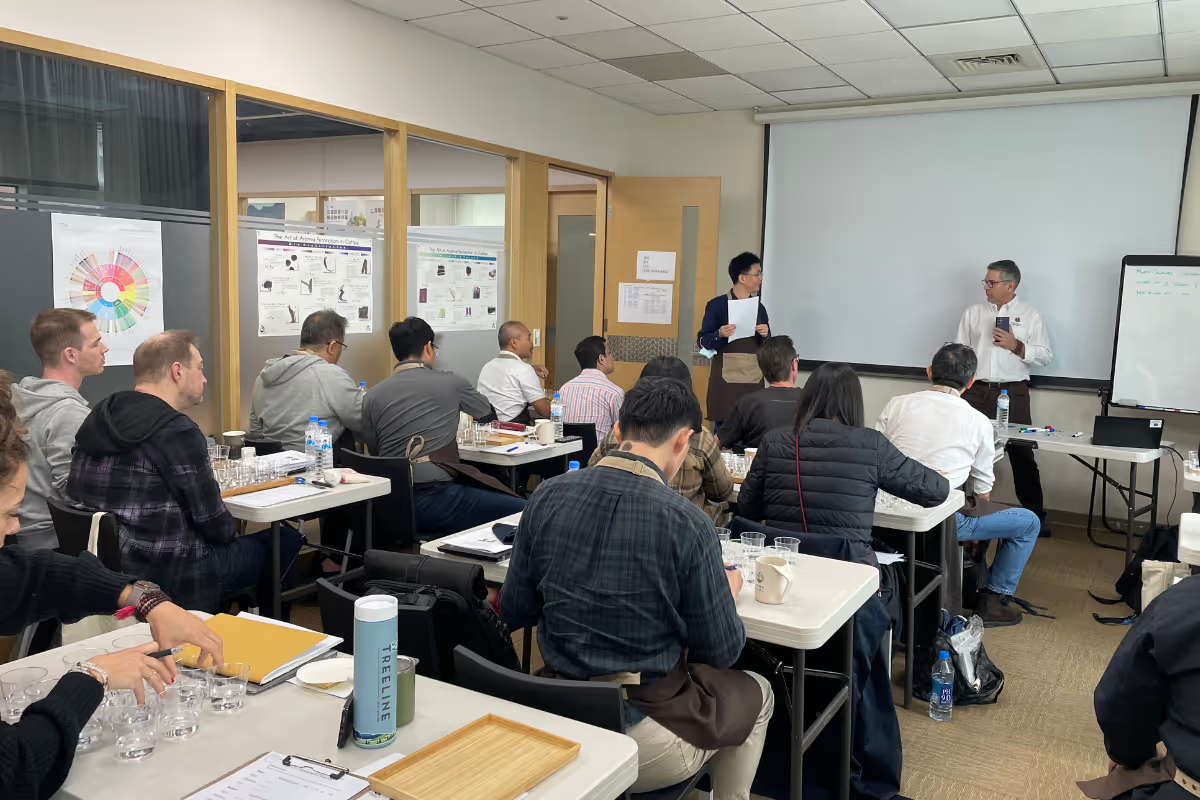
The Taiwanese coffee industry is lively and the country consumes a great amount. Projects now are supporting evaluation and a growing producing community offering specialty coffee.
Learn more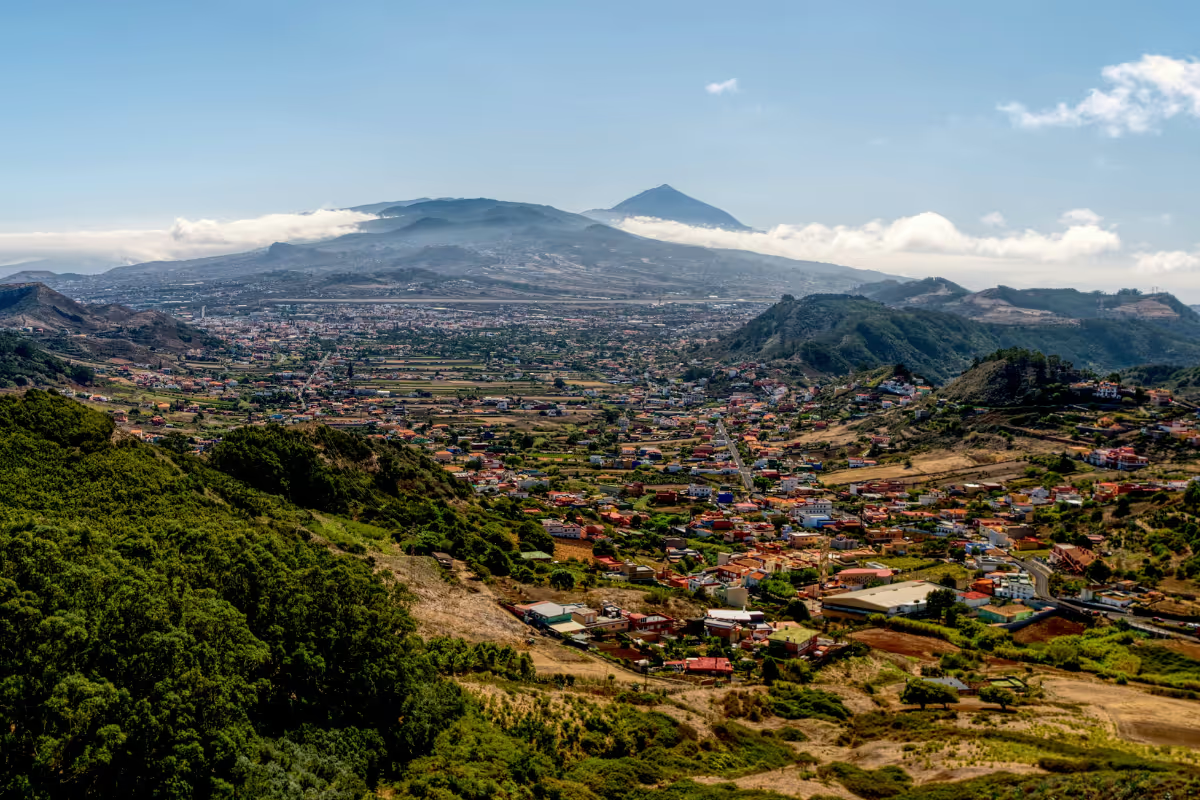
The Venezuelan coffee industry started in the mid 1800s. CQI has had one USAID project focused on quality evaluation.
Learn more
CQI's work in Vietnam has been founded in market connections and post-harvest processing.
Learn more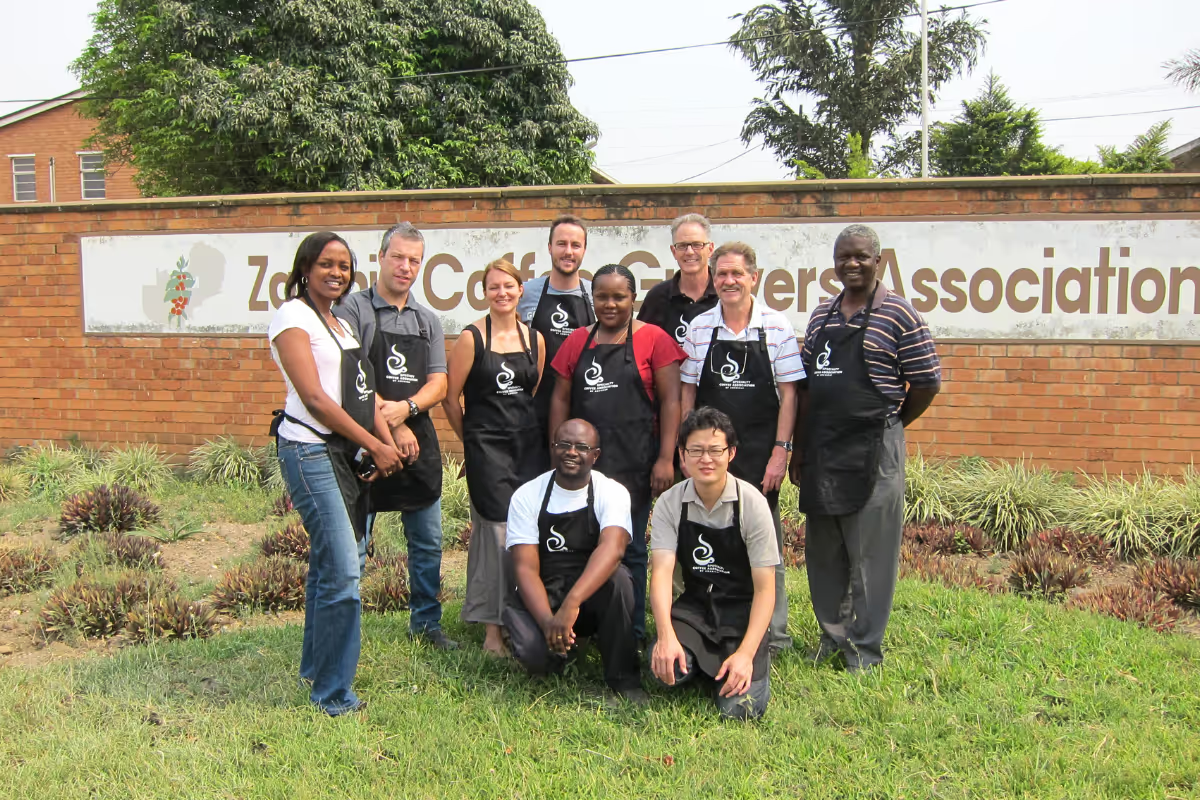
Coffee was inroduced to Zambia in the mid-twentieth century. CQI began work there in 2004, working with USAID.
Learn more26895 Aliso Creek Road, Suite B-866 Aliso Viejo, CA 92656
© 2025 Coffee Quality Institute, CQI is a 501(c)3 nonprofit organization






.avif)
